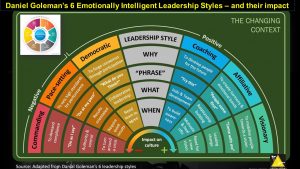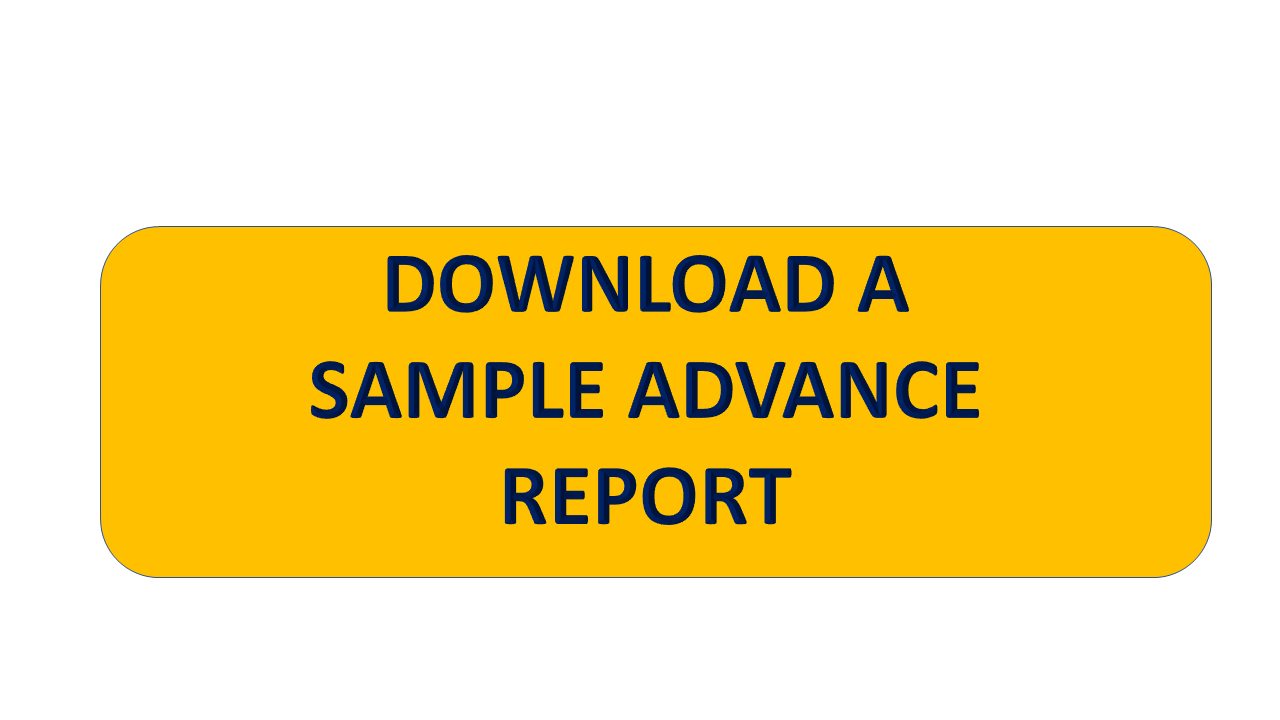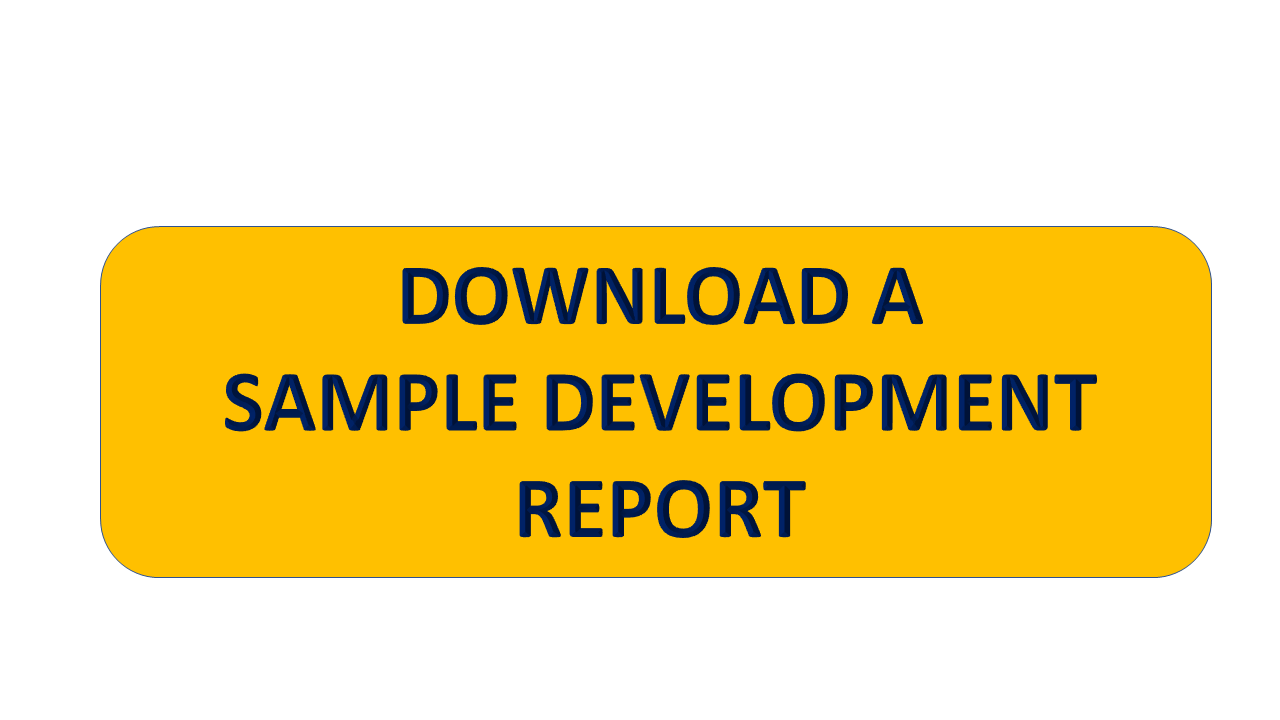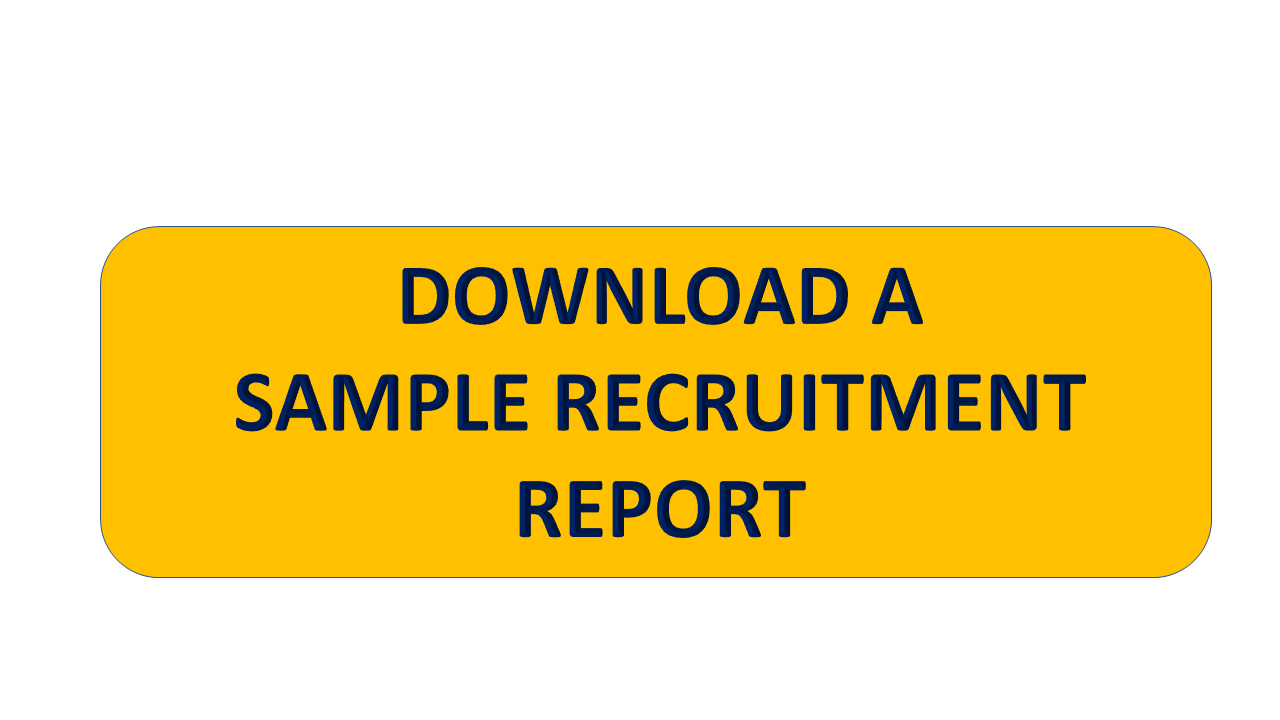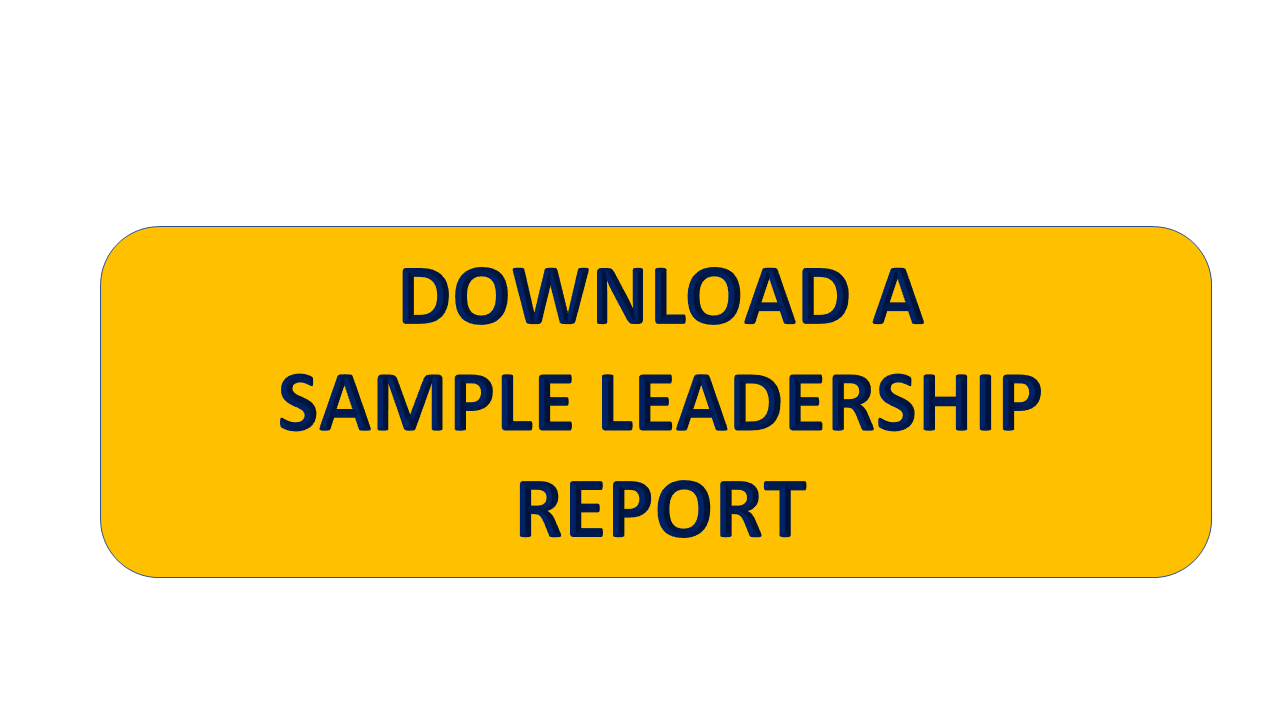Leadership Workshops
Emotionally Intelligent Leadership Development
The 7 Habits of Highly Effective People, Teams and Leaders
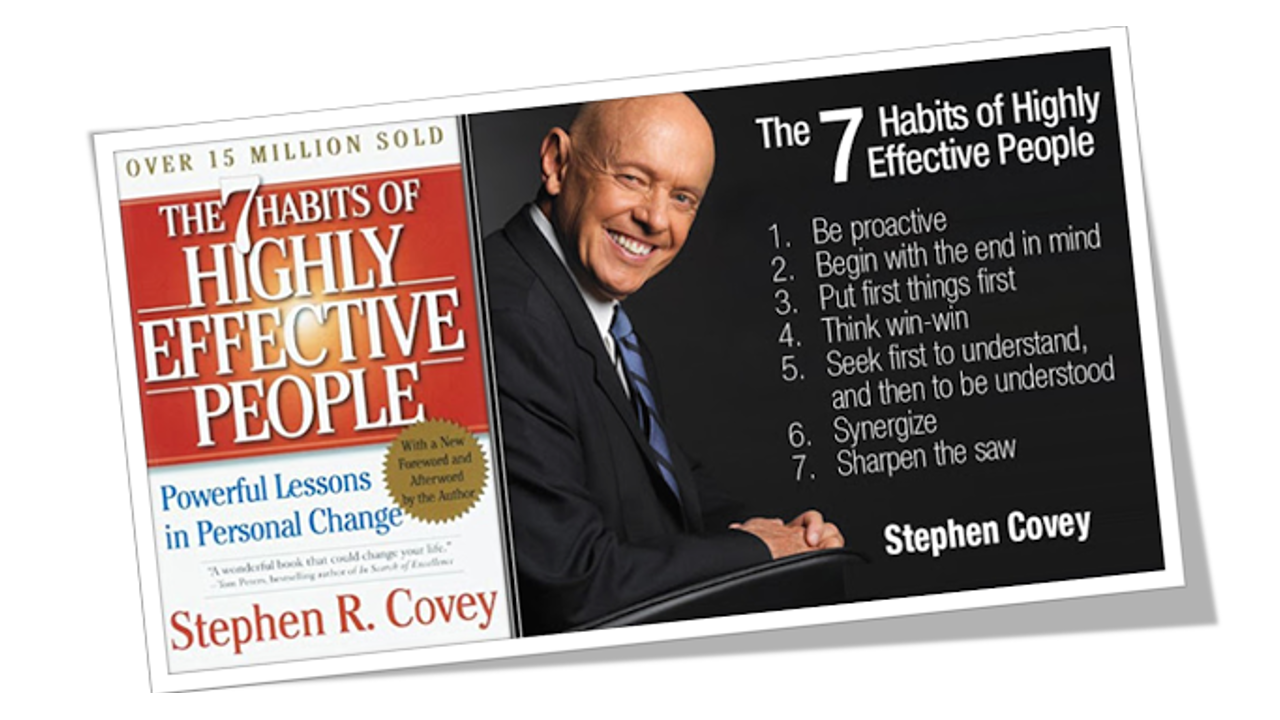
Stephen Covey’s best selling and award-winning book “The 7 Habits of Highly Effective People” is STILL the “Go To” book for all those people who are committed to Continuous Personal Development. This workshop refreshes the 7 Habits and applies them to the roles of Individuals, Teams or Leaders who want to use proven concepts to shift their paradigm of life and work.
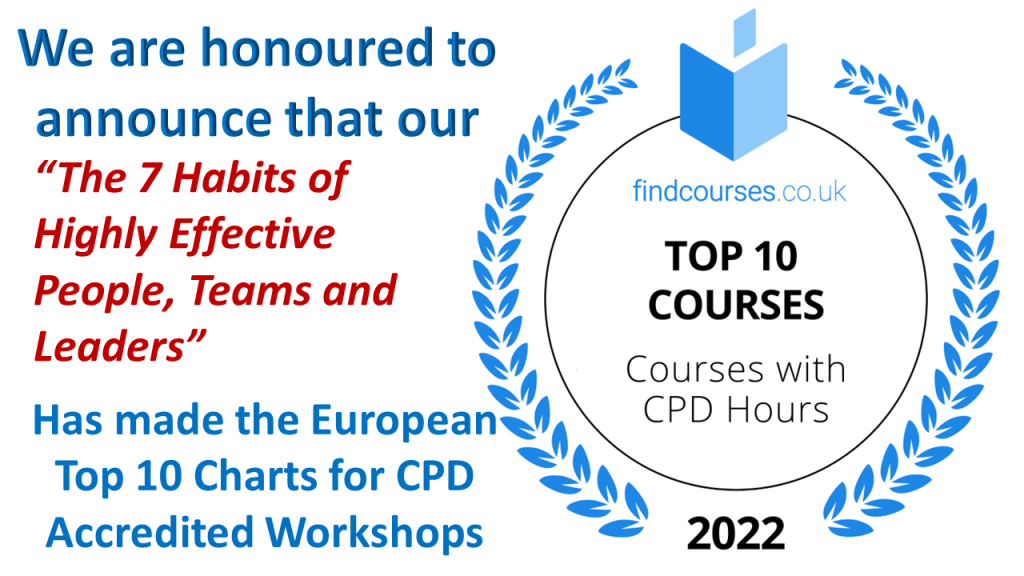
The first three habits surround moving from dependence to independence and self-mastery
Independence
1. Be PRO-Active
Take responsibility for your reaction to your experiences, take the initiative to respond positively and improve the situation. Recognise your Circle of Influence and Circle of Concern. Focus your responses and initiates on the centre of your influence and constantly work to expand it. Don’t sit and wait in a reactive mode, waiting for problems to happen (Circle of Concern) before taking action
2. Begin with the end in mind
Envision what you want to achieve in the future so you can work and plan towards it. Understand how people make decisions in their life. To be effective you need to act based on principles and constantly review your mission statements. Are you – right now – who you want to be? What do I have to say about myself? How do you want to be remembered?
3. Put First things First
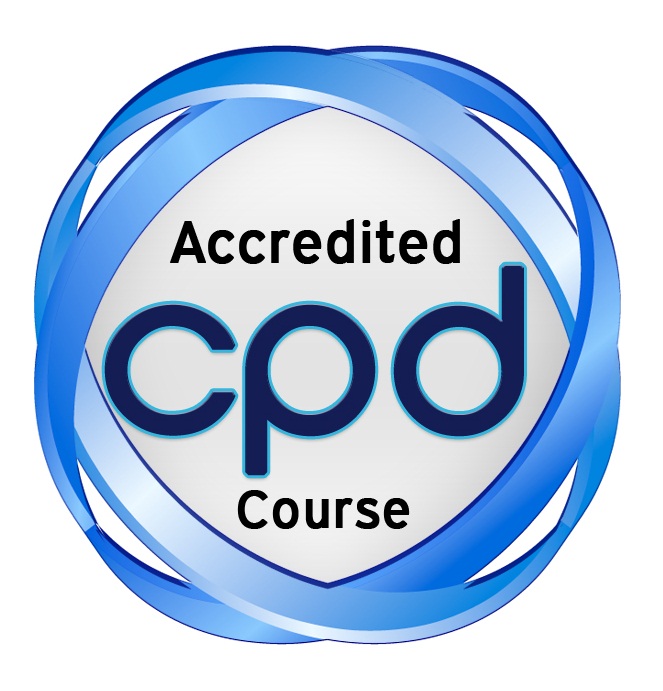
Matrix of importance vs urgency that Stephen Covey and Dwight Eisenhower used in deciding where to invest their efforts. Categorising our tasks into what is important and what is urgent. Learning the art of prioritisation and over-coming all those “time-stealers” which distract us from achieving our Goals.
The next three habits talk about Interdependence and how we work with others
Interdependence
4. Think Win-Win
Genuine feelings for mutually beneficial solutions or agreements in your relationships. Value and respect people by understanding a “win” for all is ultimately a better long-term resolution than if only one person in the situation had gotten their way. Think Win-Win isn’t about being nice, nor is it a quick-fix technique. It is a character-based code for human interaction and collaboration.
5. Seek first to understand, then to be understood
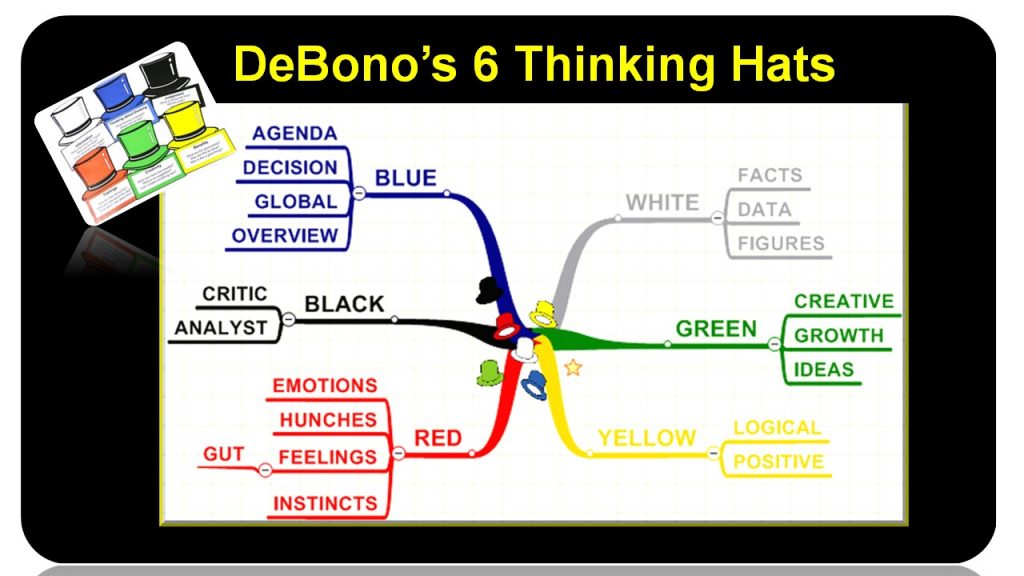
Use empathetic listening skills to genuinely understand a person, which compels them to reciprocate the listening and take an open mind to be influenced by you. This creates an atmosphere of caring, and positive problem-solving. Applying the skills of inter and intra personal skills of Emotional Intelligence.
6. Synergise
Combine the strengths of people through positive teamwork, so as to achieve goals that no one could have done alone.
Continuous Improvement Culture
The final habit is that of continuous improvement in both the personal and interpersonal spheres of influence.
7. Sharpen the Saw
Balance and renew your resources, energy and health to create a sustainable, long-term, effective lifestyle, optimising wellbeing and building stress resilience.
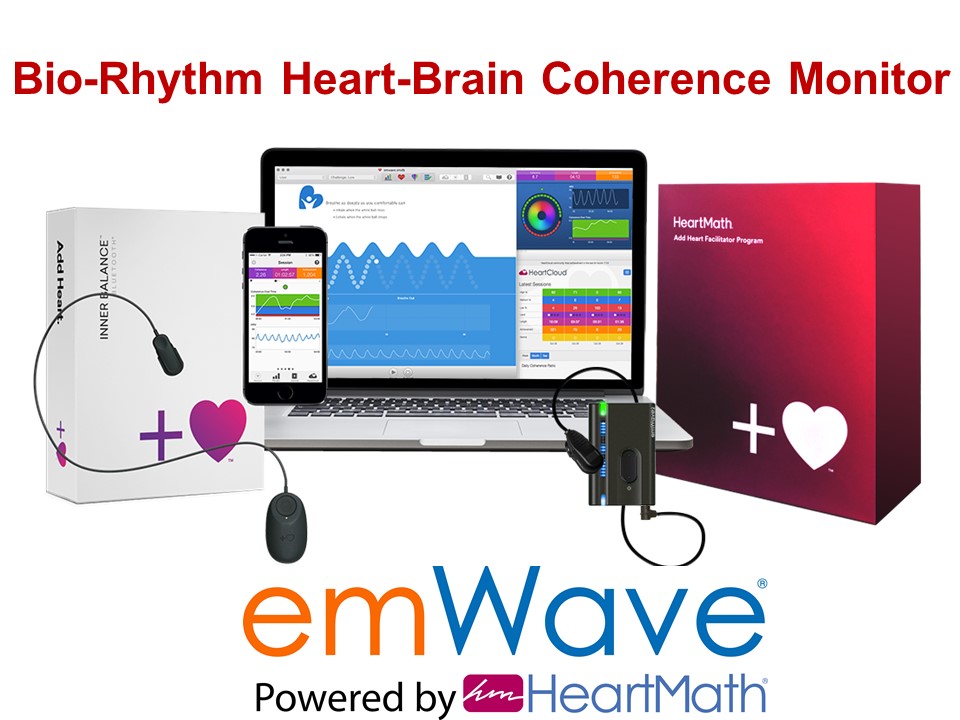
The application of neuro-science enables us to manage our behaviours and attitudes and in turn we can learn how to manage how to optimise our Heart-Brain Coherence.
In essence, one is always attempting to integrate and master the principles outlined in The 7 Habits at progressively higher levels at each iteration. Subsequent development on any habit will render a different experience and you will learn the principles with a deeper understanding.
Delegates will: –
➢ Learn how to manage their own Circle of Influence, in order to become more effective
➢ Consider the impact of learning how to become pro-active
➢ Learn how to adopt Positive Psychology into their lives
➢ Increase their understanding of the importance of “Taking Ownership” in any given situation
➢ Complete a Personal Leadership Style Profiling in order to identify their “natural” style and to identify how to apply the correct style of leadership to any given situation.
(Situational Leadership)
➢ Learn how to use Appreciative Inquiry and the Disney Creative Strategy Visioning Tools to enable collaborative “Buy In”
➢ Create excellent Planning and Prioritising Skills – both Personally (Time Management) and Organisationally
➢ Learn how to define what is “Urgent” and what is “Important”
➢ Learn and develop Professional Communication Skills: NLP, Transactional analysis, Empathic Listening
➢ Learn how to handle Difficult Situations and how to defuse Conflict
➢ Be able to apply The ABC of Managing Behaviours
➢ Explore the causes of Conflict in the Team – and will identify their Thomas & Kilmann Conflict Style – find the Win-Win
➢ The 4 Theories of Motivation …and … how to choose the correct one!
➢ Increase their Self Awareness and Confidence in their Leadership Style
➢ Understand how our 8 Emotional Intelligence Behaviours stack up under pressure
➢ Learn how ‘Listen out’ for the 90% non-verbal communication
➢ Increase their understanding and reading Body Language
➢ Experiment as to how to Apply the ‘psychology of listening’
➢ Become aware of Self + Other Awareness in their Emotional Intelligence
➢ Gain a deep insight into personality types and the dynamic impact that diverse personalities have within a Team.
➢ Complete a British Psychological Society On-line Emotional Intelligent profile to develop “Self” and “Other” Awareness and to identify any Development gaps
for the individual and organisation (Optional Extra)
➢ Develop their personal Emotional Intelligence on their journey towards Emotionally Intelligent Leaders – applying Daniel Goleman’s principles of E.I.
➢ Discover and develop the 8 Emotional Intelligence Behaviours and Attitudes
➢ Learn how to achieve “Buy-In” and how to create “Shared Visions” in their Team
➢ How to Model the Company Vision and Values within your Team
➢ Applying the “Art of Delegation”
➢ Explore; “Leadership, Followership and Conflictors!”
➢ How to create Winning Behaviours and Attitudes in our Teams
➢ Learn the principles and power of Positive Psychology
➢ Discover “The 7 Habits of Highly Effective People – Teams – Leaders”
➢ Consider the importance of personal well-being – ‘beyond’ Mindfulness
➢ How to control your biorhythms and build stress resilience
➢ Learn the importance of developing a flexible leadership style and know when to use each style.
➢ Learn and Consider 3 Leadership models: John Adairs’ Active Leadership, Blanchard’s Situational Leadership and Tuckman’s Leadership Model.
➢ Learn how to create highly effective and functional teams (Lencioni)
➢ Learn the 4 progressive stages of Team dynamics and development
The 7 Habits of Highly Effective People – Teams – Leaders
➢ Discover how to Build High Performance, Emotionally Intelligent, Teams
➢ How to turn Conflict into Collaboration – Managing Conflict in Teams
➢ Explore “The 5 Dys-Functions of a Team” – Creating a Functional Team
➢ Learn how to create buy-in of shared visions thus creating a motivated Team.
➢ Learn how to assess their own teams for functionality (Lencioni’s 5 Dysfunctions of a Team) – and will practice 5 skills to develop functional and high-performance teams.
➢ Learn to use the same Leadership and Team Working Principles which we have previously delivered to the Red Arrows
➢ Participate in Experiential Activities in Team Building
Click Here for and overview of this life-changing programme
This 2-Day, CPD Accredited Workshop is £1,795.00 + VAT- for up to 12 delegates, in-house.
This is inclusive of preparation, materials, workbooks and trainers expenses
Hear what our Customers are saying about this workshop:
“Hi
I just wanted to drop you a line regarding your delivery yesterday in Birmingham.
There are so many things which map directly to our company:
All of the 7 habits:
- Be proactive. Take charge and assume responsibility, live life above the line both personally and professionally
- Begin with an end in mind. Have a vision for what you are trying to achieve/the end goal and align your actions accordingly.
- Put first things first. Prioritise and don’t get distracted by urgent but unimportant tasks/Issue creep
- Think win-win. Build rapport and positive relationships to get the most out of a business relationship
- Seek first to understand, then to be understood. Active listening, take time to really listen to the other person and only then make recommendations or take actions. Listen to hear – and not ONLY thinking about what your next question is going to be
- Synergize. 1 plus 1 equals 3, work as a team to produce better results – think interviews, searches, projects, planning etc. etc.
- Sharpen the saw. Don’t work yourself to death, take time to recharge before setting off again. Clear mind, reflect, evaluate, and go again.
“Most importantly for me EQ helps to establish a mindset and understanding as well as behaviours and attitudes.”
“Brilliant, engaging delivery, looking forward to the next one already!!!”
“This week, I had the opportunity to spend time with my colleagues from the Commercial Excellence team at the Emotionally Intelligent Leadership training course organised by Mobile Team Challenge Ltd (MTC Europe). I want to express my gratitude to Barry Bailey for conducting two days of captivating sessions. The training offered valuable insights into emotional intelligence and provided practical guidance on how we can enhance our effectiveness as leaders and improve our teams.”
“I cannot express enough how much this experience has positively influenced my personal growth and professional development. The course was incredibly enriching, filled with great insights and practical knowledge that I’ve found to be extraordinarily valuable. I believe that the knowledge I have gained will not only contribute to my current role within our team, but can also be applied across the wider business.”
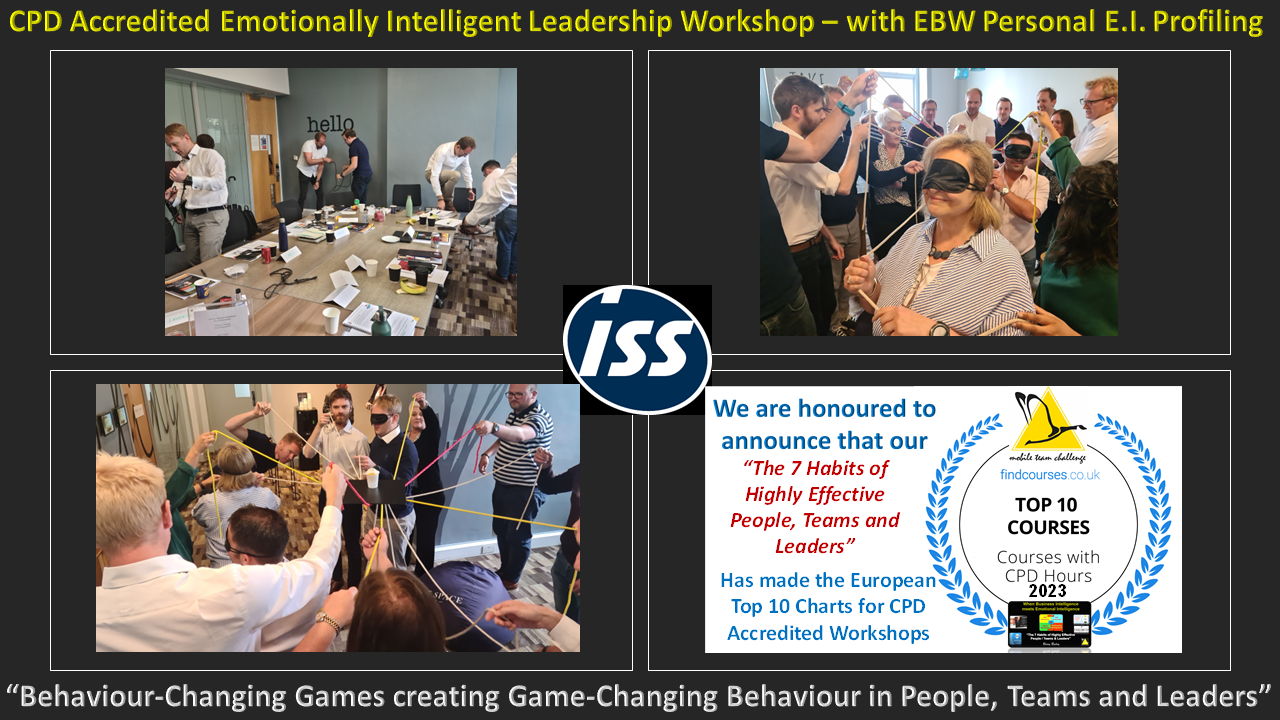
The Emotionally Intelligent Leader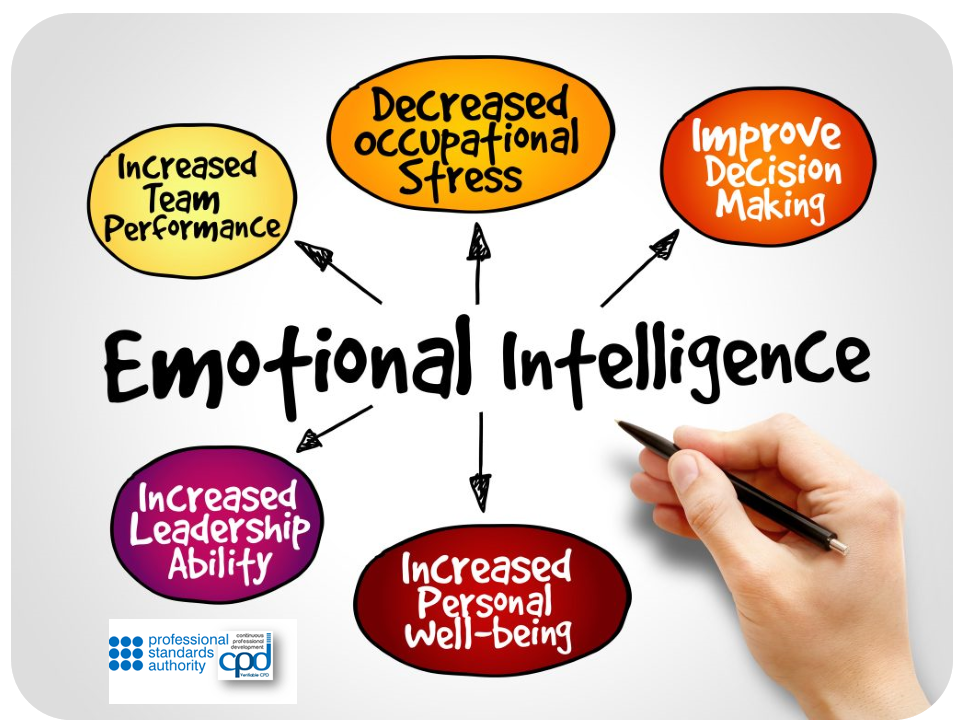
The Harvard Business Review has hailed emotional intelligence as
 “a ground-breaking, paradigm-shattering idea, one of the most influential business ideas of the decade.”
“a ground-breaking, paradigm-shattering idea, one of the most influential business ideas of the decade.”
Emotional intelligence or EI is the ability to recognise, understand and handle your own emotions, and those of the people around you. A development of Self Awareness and Other Awareness makes E.I. the critical personal development tool for those wanting to excel at Leadership and those wanting to create or participate in High Performing Teams. People with a high degree of emotional intelligence know what they are feeling, what their emotions mean, and how these emotions can affect other people. 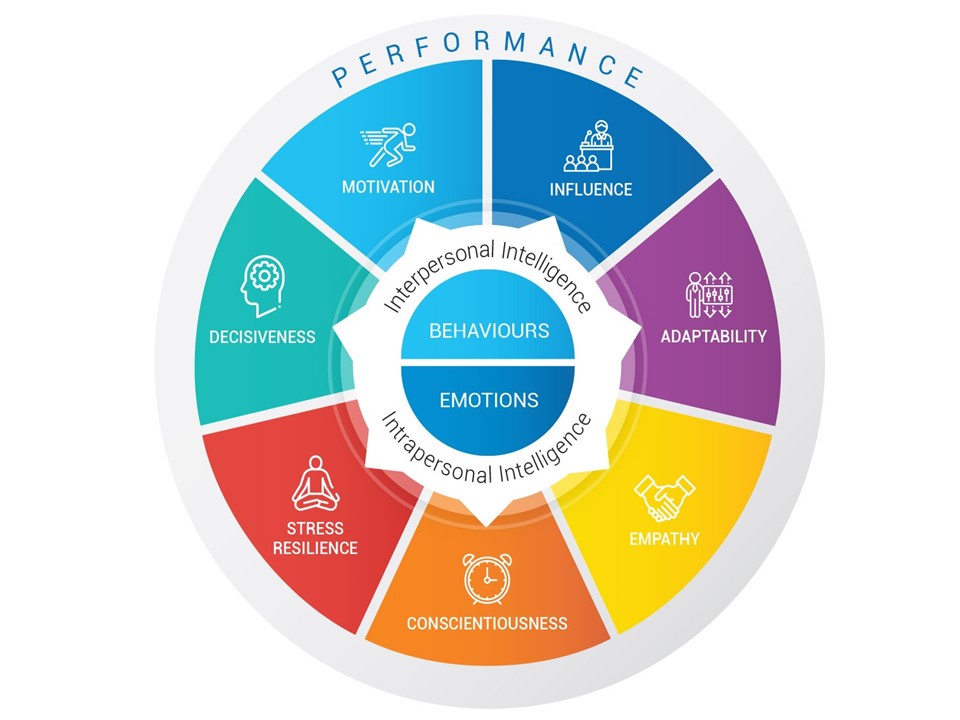
Leadership research tells us that the lack of interpersonal skills and the inability to adapt are the two principal derailment factors in leadership careers.
With leaders in organisations spending up to 80% of their time talking and understanding others, changing the nature of how people communicate and work with each other can be the single most powerful way a leader can bring about performance breakthroughs.
Using Business Emotional Intelligence assessments combined with MTC Experiential and Accelerated Learning Techniques in our Leadership Programme enable organisations, of all sizes, to address leadership challenges such as:
- “Our senior management are not demonstrating the calibre we need to lead our future business...”
- “Post-merger the leadership team is struggling to work together…”
- “We need to build the skills of our operational leadership to embrace our changing workplace…”
- “New leaders have to be effective from day one in their role as a senior executive in this business…”
- “Founders of the business need to develop their leadership to match the people and sales growth…”
Emotional Intelligent assessments combined with Daniel Goleman’s leadership model provide a rich picture of the skills, capabilities and financial potential of an organisation’s talent. 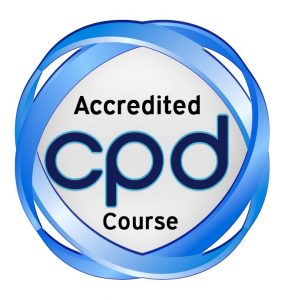
Business Emotional Intelligence assessments for leaders provide:
- Benchmarks against 5000 international leaders
- Feedback on 8 critical emotional drivers and behaviours that predict success
- A map to a leader’s most authentic leadership style (Visionary, Coaching, Democratic Commanding…)
- Insights into blind spots that stop leadership potential
- A blueprint to shift leaders’ ability to deliver results that achieve different outcomes.
- A common language for developing and expanding the whole leadership culture to enhance global performance.
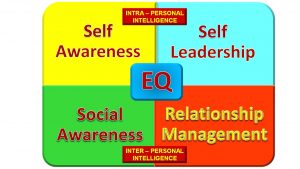
Lead Yourself, Lead your Team and Change your Culture by developing your Inter and Intra Personal Awareness
The Emotionally Intelligent Leadership Programme
Our bespoke programmes, matched to your needs, assesses leadership capability and provides a supportive forum for leaders to quickly learn, reflect and grow.
A typical approach delivered online or face to face would include:
- Leadership Assessment & Coaching – 1 to 1 leadership capability assessment and development.
- Leadership Masterclasses – Discover how the best leaders transform teams & organisations.
- Building Authentic Leadership Sessions – A series of interactive sessions to explore how to use leadership to deliver different outcomes.
- Leading a Team – Practical workshops that explore how leaders empower teams to change how they work together.
Perhaps you are looking to create a high performance, emotionally intelligent, EMPOWERED SUPER Team? …if so…take a look at The 7 Steps to Empowered Teams from the Tanenbaum & Schmidt Leadership Continuum Model… and we’ll show you how you can apply it to your Team.
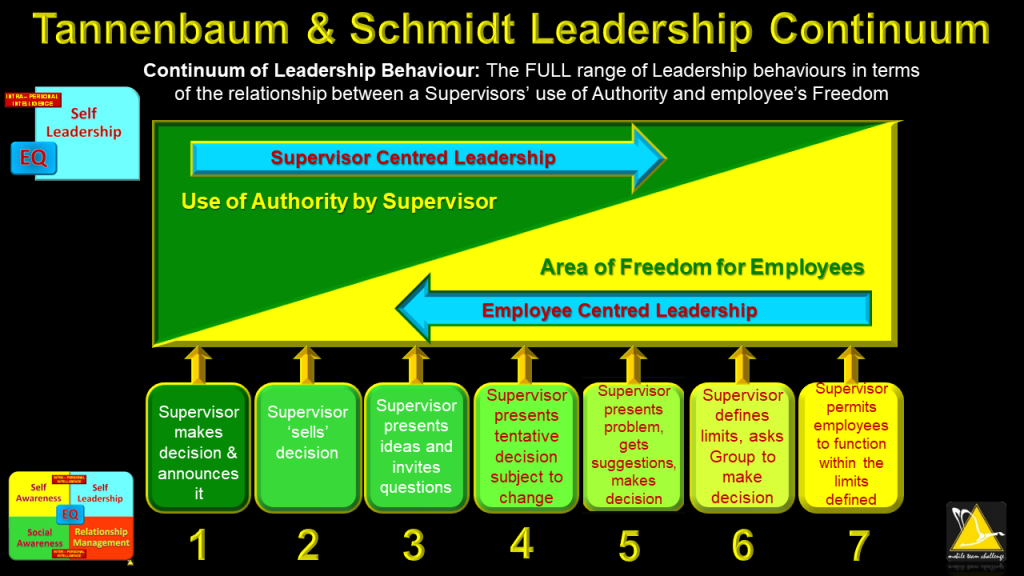
This programme enables organisations to assess their talent and boosts leadership capability by practically exploring the attitudes, mindset and behaviours that make leaders successful, whilst providing them with the tools and skills, to empower, inspire and influence people to maximise their potential and performance.
Distinctive Benefits and Outcomes
The success of this approach is the ability for our Facilitators (Fellow of 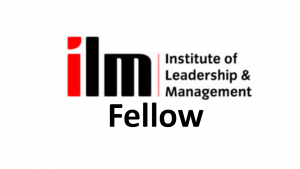 Leadership and Management ) to design a bespoke programme to suit your needs; from Aspiring Leaders and New Supervisors to Middle, Senior and Executive Management and Senior Leadership based around 90-day wave cycles of change that:
Leadership and Management ) to design a bespoke programme to suit your needs; from Aspiring Leaders and New Supervisors to Middle, Senior and Executive Management and Senior Leadership based around 90-day wave cycles of change that:
- Informs and benchmarks an organisation’s leadership talent and where to focus their investment
- Focus on helping participants to ‘learn by doing’, whilst building capability and new emotional behaviours
- Use live examples of issues to experiment with new emotional behaviours and focus on actions generating results
- Implement a series of reinforcing and embedding ‘nudges’ to develop and embed new behaviours (e.g. short cycle coaching, peer trios, relevant videos and reading material for deeper learning).
- Identify your preferred Emotionally Intelligent Leadership Style
What is your dominant, Emotionally Intelligent Leadership Style?
…and how do those around you react to it?
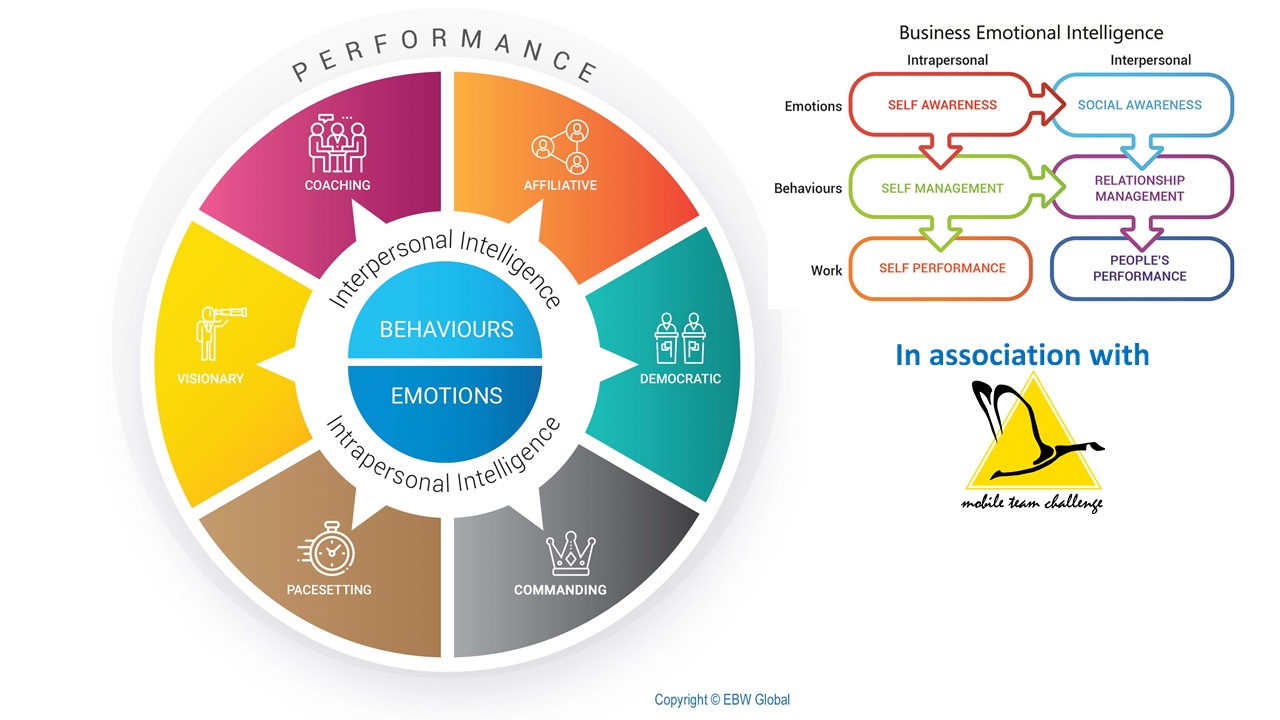
Click Here to read further descriptions of the 6 Emotional Intelligence Leadership Styles.
Click Here to see if the video will help your Self awareness
Is that any clearer for you now?…if not…you can complete a British Psychological Society Emotional Intelligence Profiling Questionnaire and you will receive a 32 page Personalised E.I. Leadership Profile and one of our professional Coaches and Mentors will spend an hour over the telephone or Zoom coaching you on its full meaning for you.
Click Here to book a personalised E.I. Leadership Coaching Session
By focusing on the inter-personal and intra-personal we shift leaders’ capability to deliver different outcomes by providing:
- Better self-insight & personal responsibility for leadership performance.
- Better decision making and risk assessment.
- Enhanced communication & cultural awareness.
- Increased mental toughness.
- More efficient teamwork.
- More effective organisations.
- Better business results!
Click Here to see a sample of an Emotionally Intelligent Leadership Personal Profile
We are now able to offer a choice from 4 different formats of Emotional Intelligence Profiling
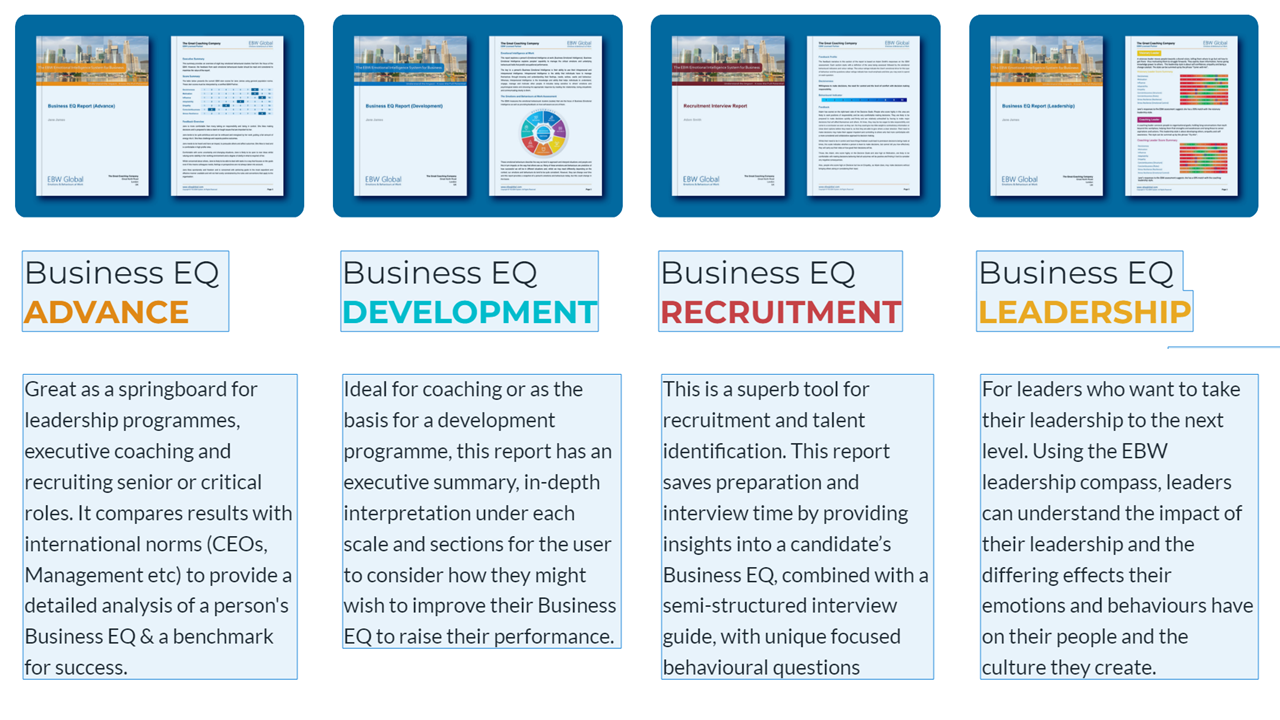
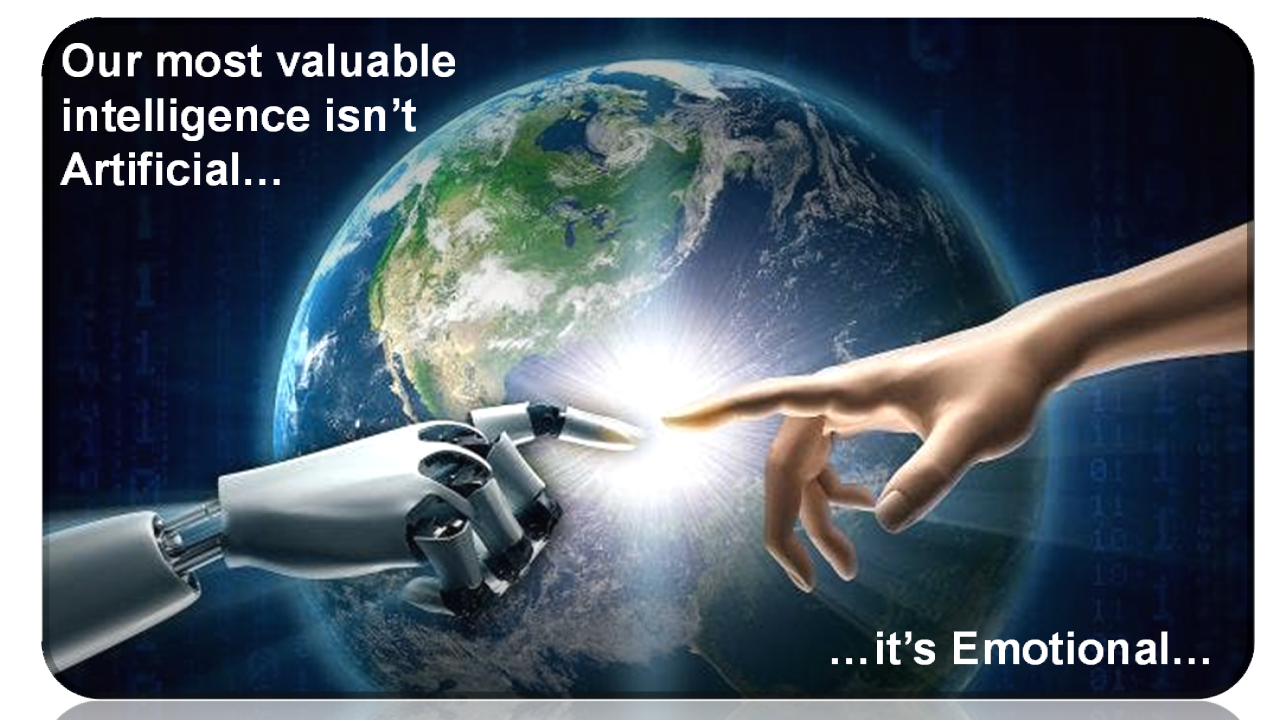
On a scale of 1-10…Do you REALLY know how good you are at Managing Your 8 Emotional Intelligence behaviours below?
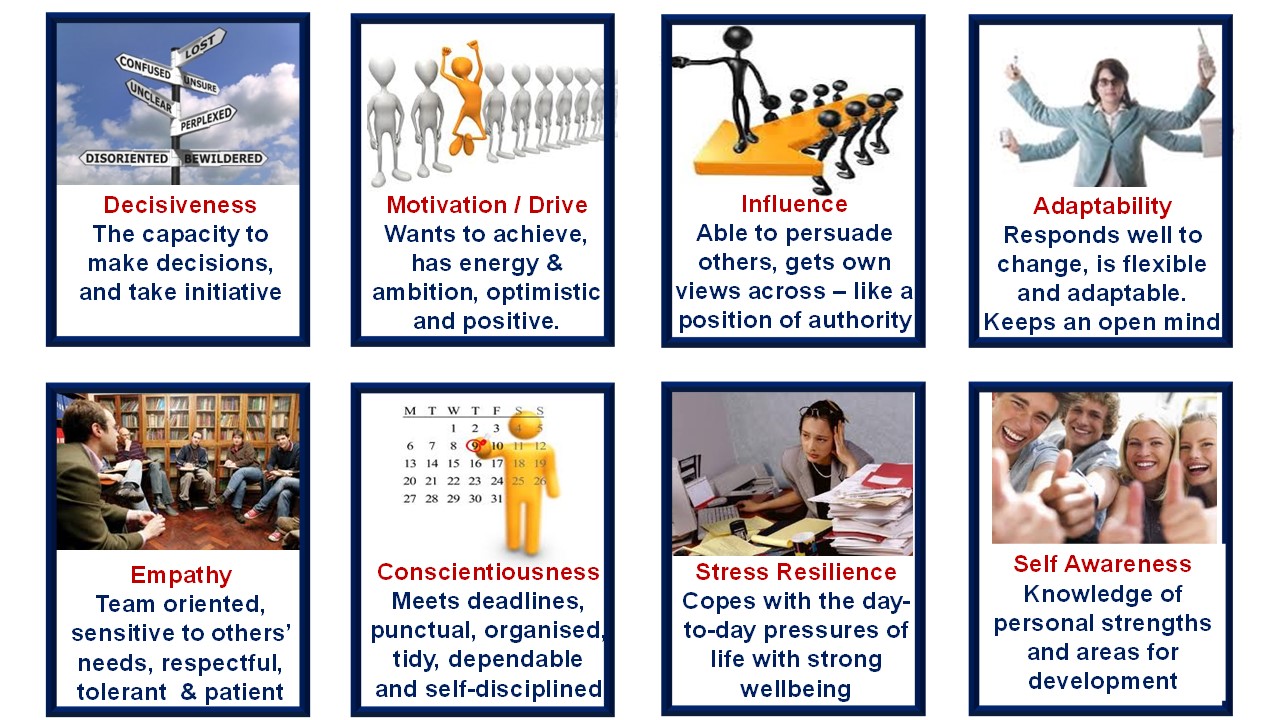
This 2-Day, CPD Accredited Workshop is £1,795.00 + VAT- for up to 12 delegates, in-house Plus £45 per person for a 29-page British Psychological Society accredited personalised Emotional Intelligence profile.
Train the Trainer – Appreciative Inquiry
Appreciative Inquiry (AI) can be described as an approach which draws from positive psychology and storytelling, to create an “alignment of strengths” that render weaknesses irrelevant (Peter Drucker in TEDx Talks, 2014), hence empowering individuals and facilitate the resolution of given problems to enact desired change.
By using a strengths-based approach of inquiry throughout an organisation, AI helps individuals, teams and businesses become sources of positive change in the world, showing by example, that even the largest businesses and organisations can lead positive innovations to improve the lives of employees, customers, suppliers and communities.
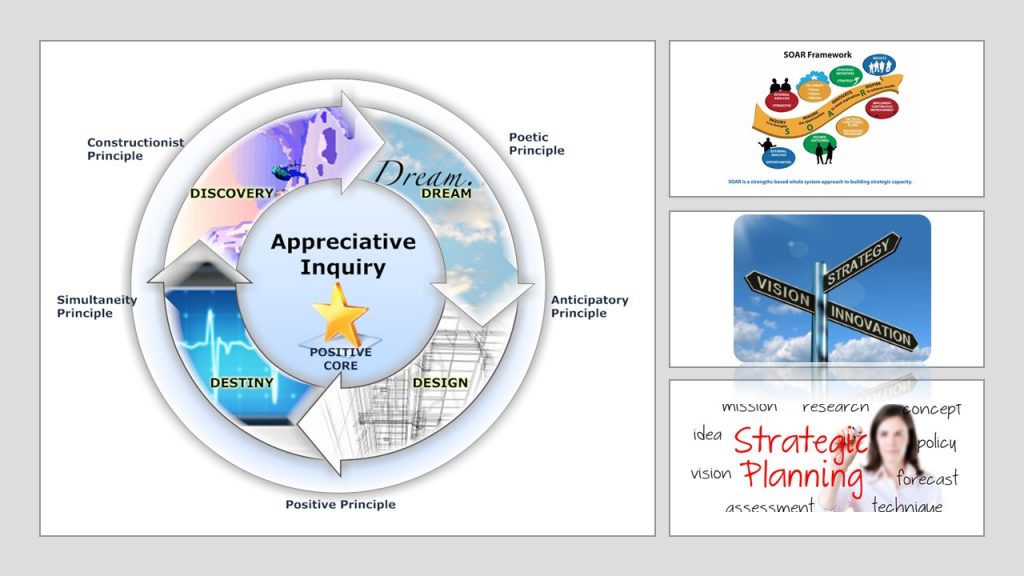
The Launch and Further Development of Appreciative Inquiry.
Initially developed at Case Western Reserve University’s department of Organisational Behaviour, Appreciative Inquiry was initially created in 1987 by David Cooperrider and Suresh Srivastva. Since 2000, the original founders of Mobile Team Challenge, Rainey Weisenburger and Cheri Torres, have been working with David Cooperrider in the application of A.I. to experiential learning concepts and the ongoing development of the concepts and have authored several books with Cooperrider.
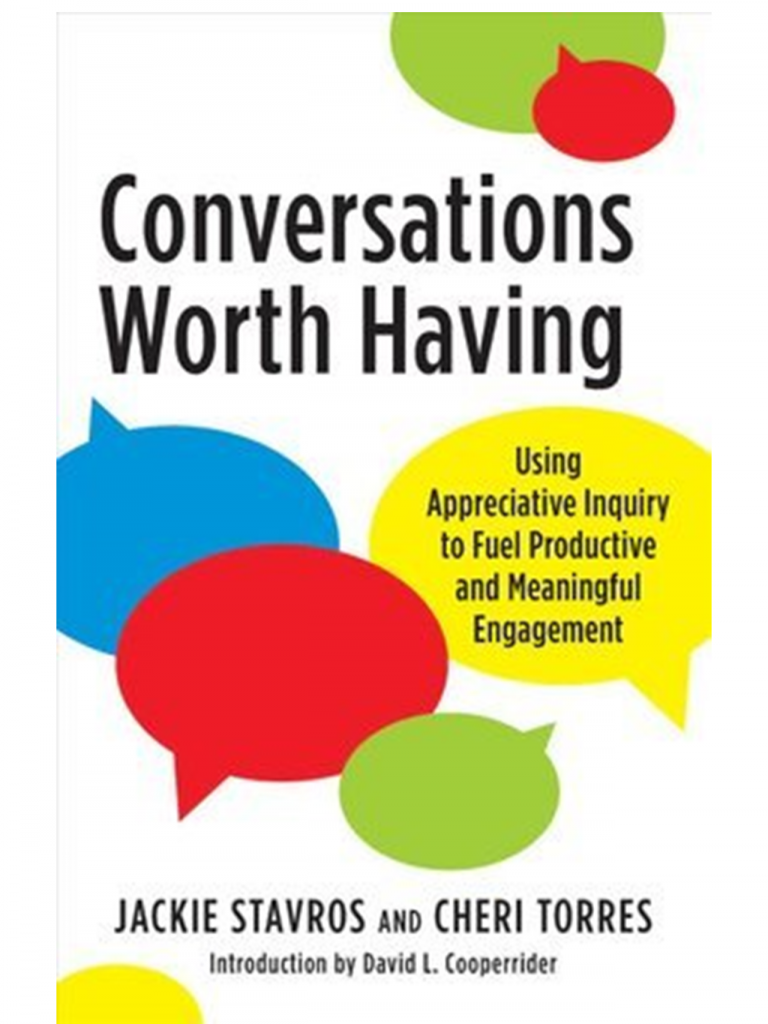
In the early 2000’s Mobile Team Challenge held several, national, Appreciative Inquiry Conferences in the UK and were one of the original initiators of A.I. into the UK.
Called “the best large-group method in the world today,” AI stands out among other Organizational Development theories due to its scalability and generativity. AI methods have been demonstrated to:
- Increase profits, while at the same time improving the world.
- Show businesses the bigger picture, including their place in the world from a sustainability point of view.
- Allow employees to be more creative and to have more buy-in with the company’s strategic plans.
- Improve efficiency and output due to the revitalized commitment and enthusiasm from both employees and management for the company’s mission.
- Engage entire communities in creating improvements in their region.
- Work across all types of organisational sectors, from for-profit to the social sector.
AI helps organisations discover the values of their stakeholders and create an aligned vision and mission based on those values. Through the process, organizations can discover key strengths, new product or service opportunities, cost savings and increased earnings. Appreciative Inquiry not only produces better results, but happier people.
Managers and leaders face complex challenges and the need for change on a regular basis. Most of the strategies we have used in the past for problem-solving and decision-making, however, are inadequate for handling complex problems and continuous change. How do we manage problem-solving and change in today’s world?
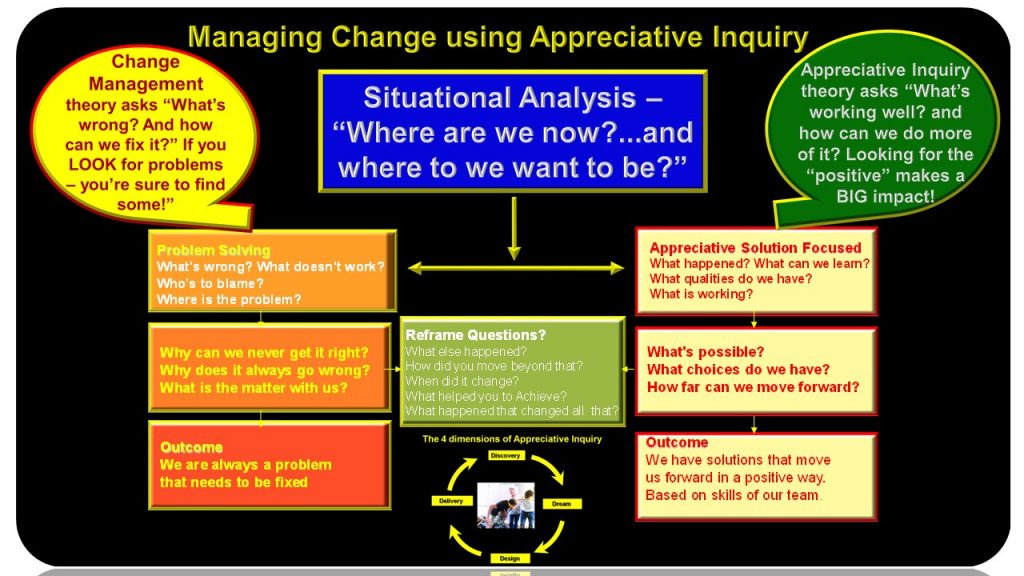
Whole System Engagement
One of the most widely-used approaches for complex problem-solving is ‘appreciative inquiry’ (AI). AI is a strengths-based practice that engages whole systems in searching for the best of what is, dreaming what might be, designing pathways to live into dreams, and co-creating the future through cycles of action and learning. What makes AI unique is its grounding in social constructionism. This is the notion that we create our social systems through our shared conversations and meaning-making. At some point in the past, we created the current system as our best guess for what would support success. If the current system is no longer supporting success, we can redesign it by having a conversation worth having. Two simple appreciative inquiry practices make this possible: ‘generative questions’ and ‘positive framing’.
Generative Questions
A ‘generative question’ is one that changes the way people think. It creates a compelling image that inspires new possibilities and action. These questions inspire us to think outside of our ordinary frame and to challenge our assumptions.
Positive Framing
The second practice is ‘positive framing’: focus on what you want—the desired outcome(s) instead of the problem. For example, instead of focusing on fixing low performance, study high performance. What are high- performing teams doing that could be replicated? Instead of fixing turnover issues, have conversations with those who are engaged and committed. What can you learn from them?
The Appreciative Inquiry Leader
Creative ideas and solutions emerge in appreciative and inquiry-based conversations. These two AI practices enable teams to respond effectively and with agility to both complex challenges and continuous change. And a manager’s capacity to create high performing cultures is enhanced by using these practices to foster ‘conversations worth having’ anytime, anywhere, and in any situation.
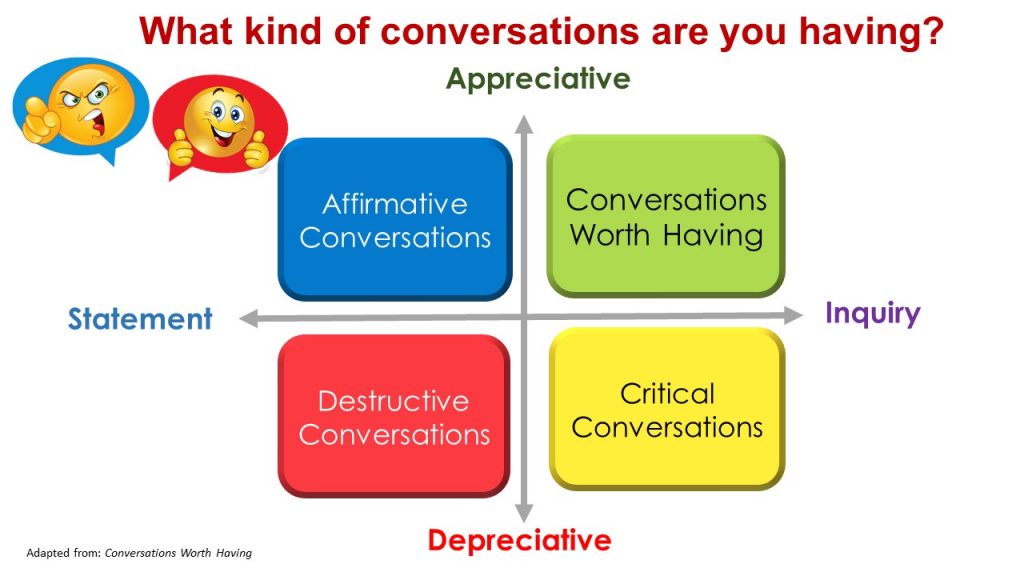
The applications of Appreciative Inquiry are numerous:
- Advanced Reviewing Techniques for Experiential Learning Activities for Individuals and Teams
- Solutions-Focussed appreciative conversations for use in counselling, coaching, mentoring and performance management
- Key Account Development and Sales Enablement interactions
- Strategic Planning and Vision-Setting days
- Conflict to Collaboration – Conflict Resolution Interventions
- Interventions with Offenders / Prisoners
Applications of AI within the UK delivered by Mobile Team Challenge
- 38 NHS Foundation Trusts (4,000 NHS employees trained to date) have used AI Strategic Planning sessions to “Dream” the perfect “10 out of 10” of Patient Experience Excellence
- 50+ RAF, Army, Navy and MOD Tri-Services locations totalling 5,500+ military employees have been trained in Appreciative Inquiry Facilitation, Team Working and Appreciative Leadership.
- The BBC commissioned MTC in 2007 to design a Vision for 2020 where AI concepts were utilised to “Dream” the BBC’s 15 year plan. We are still seeing many of the plans from the 2007 planning session coming to fruition – e.g. the moving of the BBC Sports Department to Manchester and the consideration of removal of the “licence fee” are just 2 of the “dreams” which were created during our session.
- 30+ of MTC’s Local and Central Government Customers have utilised AI for Culture Change and Strategic Planning during our workshops
- Almost 50 HMP Prisons, Young Offenders and Home Office initiatives (e.g. Knife Crime Community Action Groups etc) have been trained to utilise the 5 D’s of AI to great effect with one particular AI programme resulting in a case where 15 prisoners have not re-offended over 3 years after attending the MTC sessions. (Further information of AI in Prisons and detention centres can be found here https://mtceurope.co.uk/sectors/prisons/)
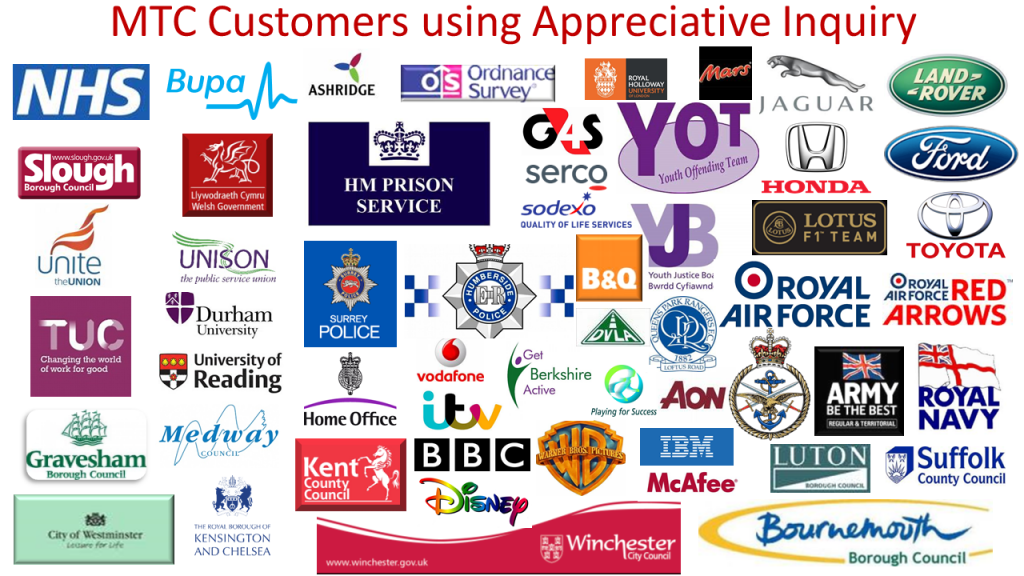
Delegates Will:
- Identify and learn how to apply and teach the principles of Appreciative Inquiry
- Identify how to deliver Strategic Planning and Visioning Days using these inspiring techniques
- Identify the positive outcomes by applying AI to Conversations, Performance Reviews, Interventions and Coaching Sessions
- Learn techniques which are motivational and inspirational
- Practise how to facilitate a Strategic Planning and Visioning Workshop utilising the AI principles
- Learn how to “Dream” and “Design” Strategic Planning Action Plans and SMART Goals
- Learn how to create and use Generative Questions
- Learn the 5 Principles of AI – The Constructionist Principle, The Poetic Principle, The Anticipatory Principle, The Positive Principle, The Simultaneity Principle and the power of the Positive Core
- Explore the unleashing potential of positive reframing and learn hot to create winning behaviours and mindsets
- Identify how we can achieve the “positive mindset” in the Workplace
- Learn the tools to “Discover, Dream, Design and Deliver” efficient Culture Change programmes
- Learn how to deliver David Cooperrider’s Appreciative Inquiry Model
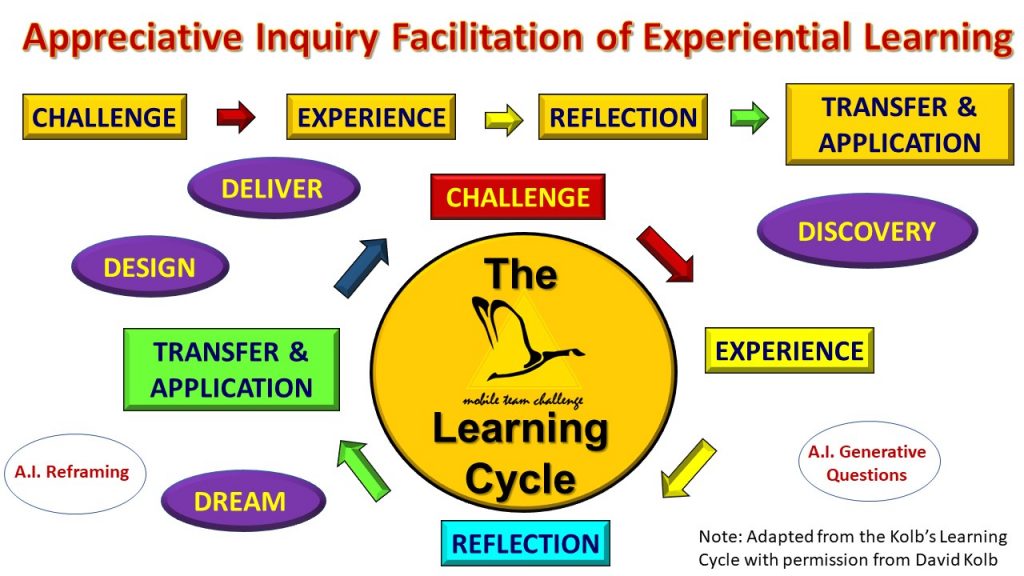
SO….whether you are looking for a Train the Trainer Course to learn how to deliver Strategic Planning… or Positive Reframing… or Appreciative Coaching… or Conversations Worth Having… or Professional Intervention Skills or Appreciative Advanced Facilitation skills – please contact us and we would love to talk to you about your specific requirements.
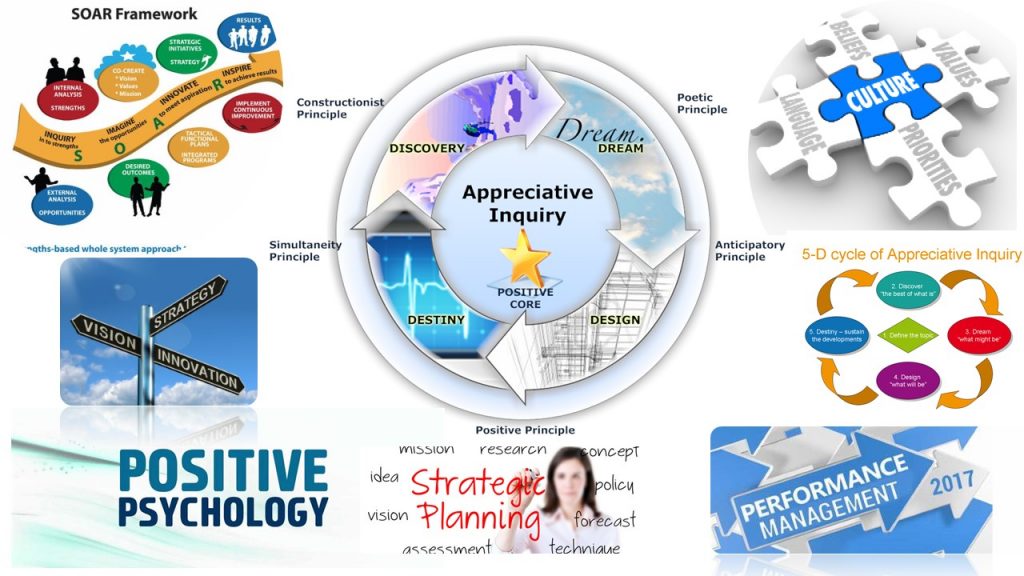
First Line, Middle and Executive Modular Leadership Development Workshops
Lead Yourself, Lead your Team and Change your Culture
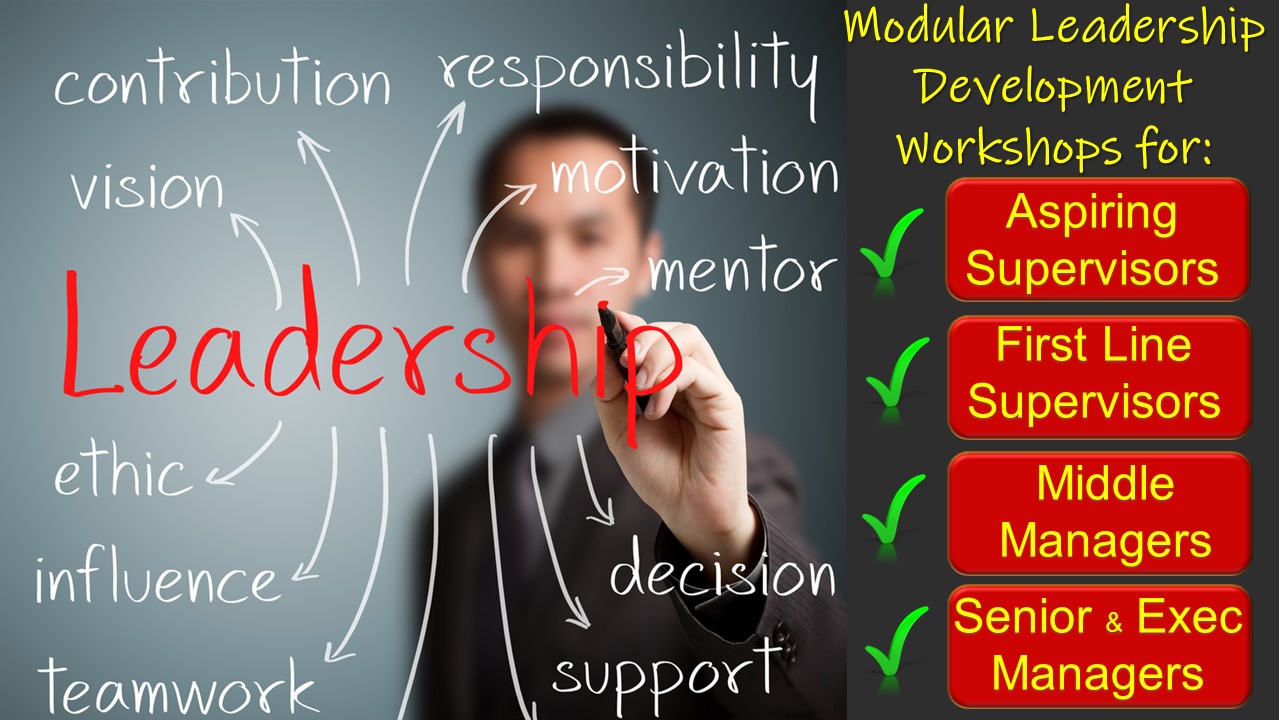
Bringing together highly engaging, award winning, experiential activities with traditional and modern, breakthrough thinking leadership theories and models, our accelerated learning modules engage leaders at all levels and equips them with CPD accredited professional development leadership techniques.
Experiential learning and development techniques harnessed with Appreciative Inquiry review and application of learning outcomes concepts, have a proven track record of assuring the highest possible level of knowledge retention than traditional methods with the highest levels of delegate engagement. As one of our clients once said about our Workshops… “Serious Learning…but GREAT Fun!”
Leveraging leadership theories and experiential applications, MTC’s Modular Leadership Development Programmes have become the preferred option for the RAF, Army, Navy, 200+ Local Authorities, 38 NHS Foundation Trusts and over 250 Corporate organisations.
From; Aspiring, First Line Supervisors through to Middle, Senior and Executive Leadership roles, delegates will use the Award Winning MTC kit to explore outcome based activities focussed on developing winning behaviours and attitudes at all levels within your organisation.
Today’s managers have a challenging role as they are asked to build high performance teams, deliver on KPI expectations, create and deliver Team and Organisational ‘breakthrough thinking strategies’, optimise performances and LEAN processes, implement transformational cultural change programmes …and….do their “day” job!
MTC’s Modular Leadership Development journey leads our delegates through all of these challenges on their way to becoming the ultimate Emotionally Intelligent Leader.
Cost: £1,650 per Group of 12 per each Module – 2 Days In House
Phase I – First Line, Team Leader, Supervisor Level
Phase II – Middle Manager Level
Phase III – The Emotionally Intelligent Leader – Middle / Senior and Executive
“Leadership is a combination of strategy and character. If you must be without one, be without strategy”.
General H (Storming) Norman Schwarzkopf: Commander of “Desert Storm”.Transformational Leadership
Transformational leadership can inspire positive changes in those who follow. These leaders are generally energetic, enthusiastic, and passionate. Not only are they concerned and involved in the process; they are also focused on helping every member of the group succeed as well.
Motivated and empowered individuals with strong personal leadership skills will not only be self-motivated but they will also impact Teams, Organisations and Clients.
Our modular Leadership Development programmes are closely aligned to the ILM Leadership levels 3 or 5 and the modules can be chosen and tailored to suit the learning and development needs of the individual or team and / or the job role of the delegate.
Alternatively we can conduct a Training Needs Analysis to identify any training gaps and then we can design a modular programme (non-ILM accredited) around the identified gaps.
Courses are CPD Accredited.
Choose which modules are relevant for your Staff and design your own Professional Development for Employees:
- Leadership, Followership and Conflictors!
- Understanding the Role of Leadership and Management
- Creating your High Performance Team
- Strategic Planning and Creating Shared Visions with Breakthrough Thinking Techniques
- Leading through, and beyond Change – Preparing for and navigating through Change: The role of the Leader during “Change”
- Managing Stress and Conflict in the Organisation: Turning Conflict to Collaboration
- Goal Setting and Decision Making / Problem Solving
- Understanding Organisational Culture and Ethics
- Managing Customer Relations
- Managing for Efficiency and Effectiveness
- Managing Projects in the Organisation: Lean and Six Sigma Principles
- Developing and Leading Teams to Achieve Organisational Goals and Objectives
- Assessing Your Own Leadership Capability and Performance – profiling your preferred Leadership style
- Becoming an Effective Leader – “The 7 Habits of Highly Effective Leaders”
- Partnership Working
- Understanding the Skills, Principles and Practice of Effective Management Coaching and Mentoring
- Motivating People in the Workplace
- Managing and Implementing Change in the Workplace
- Understanding the Importance of Marketing for an Organisation
- Developing a Culture to Support Innovation and Continuous Improvement (Kaizen)
Click Here to view a Sample of a bespoke Modular Leadership Development programme
For a bespoke proposal for your Leadership Development needs either:
- Choose the desired modules from the menu below and we will create your tailored programme.
- Alternatively, we would be pleased to create a programme around the development needs which you have identified – or we can conduct an online – “The Emotionally Intelligent Leader” Profiling on all delegates to assess current status and which will also identify individual and group training needs from which we will create your bespoke Leadership Development programme.
Click Here to download “Leading for Success: Modular Leadership pdf
This course combines experiential learning and self awareness techniques on-site.
“Behaviour-Changing Games delivering Game-Changing Behaviour”.
Remote Working
Are you Working from Home?… or does it feel like you’re Living at Work?? 🙁
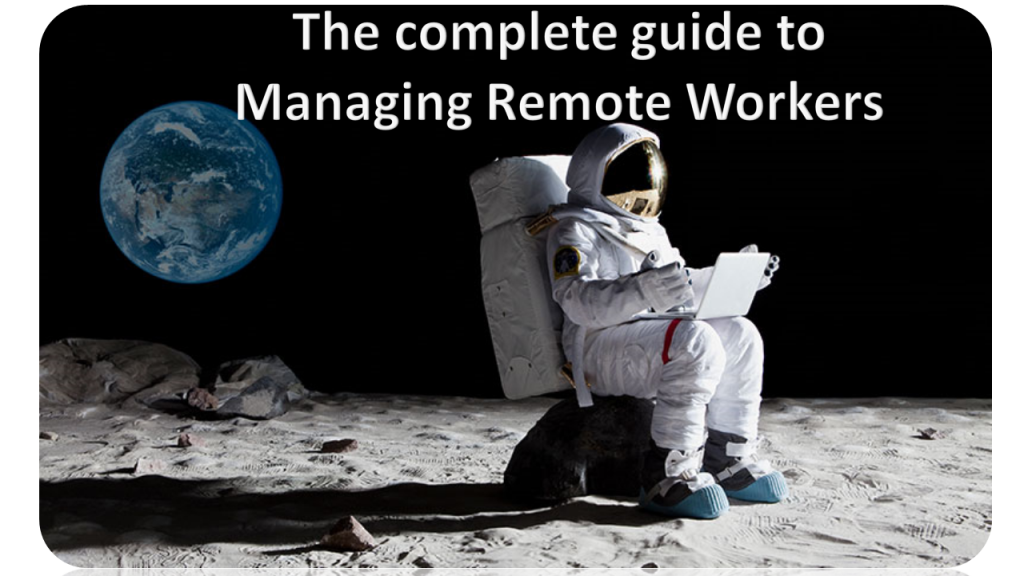
| 74% of Companies plan to permanently shift to more Remote Working Post-Covid (Gartner Aug 2020) How equipped are we to Manage Remote Workers? |
The coronavirus is not only a health crisis of immense proportion – it’s also an imminent restructuring requiring new thought leadership on how we lead, manage and motivate; office-based, home-based and hybrid teams.
The sessions below are now also available in face to face, on-site workshops or a blended combination of virtual and face to face.
Our sessions cover the ‘strategic to the operational’ and explores questions such as:
- Do we need to re-think our business / customer service strategy?
- Do we need to rebound…or to reboot?
- Do we need to worry about headcount…right-sizing?.. the impact on the casualties and the affect on the workforce…how do we prepare for it professionally?
- Do we need to consider our culture – do we need to change it to equip our employees for the “new normal”?…and is this a good time to do it?
- Are we considering our employees’ well-being and mental health when they work from home and we don’t see them as often?
- How do we maintain a TEAM CULTURE when we have a hybrid working environment?
- Do we need to re-visit our Vision, Mission, Values Statement…– how familiar are our employees with them? … do these need upgrading?…do the personal objectives of our employees align to our corporate goals? is now the correct time to re-group and re-energise the workforce towards the “new normal”?
- How do we build confidence, excellent wellbeing and high-performance teams as our staff return to work in a hybrid environment?
- Do we need to consider how we lead and manage remote workers and how we build remote teams?
- How do we evaluate our health and wellbeing procedures for our remote, office and hybrid workers?
- And if any of the answers to the above questions are “yes!”…“Where do we start on ALL of this?!”
As we have seen throughout the pandemic, clear and concise leadership is vital to deliver performance related goals and personal wellbeing and safety and it is for this reason that we have 3 initial modules specifically addressed to all “people managers” in order for them and their teams to thrive during these changing times.
- Remote Leadership Principles
- Emotionally Intelligent Leadership Styles and Cultures (optional E.I. Profiling Reports for Leaders)
- Remote Team Working Principles through a Shared (new) Vision and maximised Trust.
Here’s how leaders can begin navigating to the “new normal”
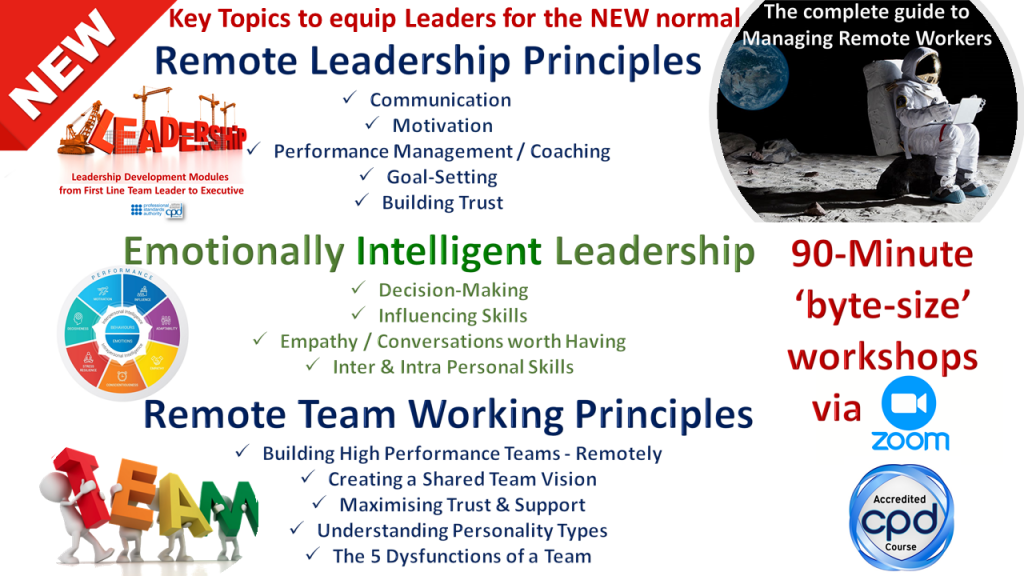
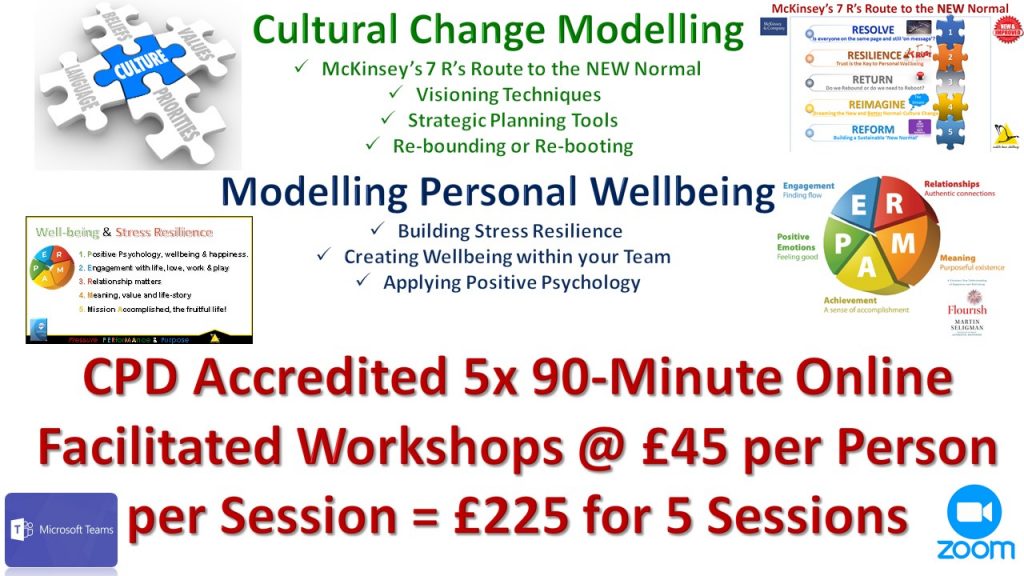
OR…. Face to Face, in-House over 2 Days for Senior Leadership Teams – £1,695.00 + VAT for up to 15 per Group
McKinsey & Company is the ‘trusted advisor and counsellor to many of the world’s most influential businesses and institutions‘ … and they have also devised an excellent framework around how we can pivot our people, teams and organisations and lead them – they are called “The 5 R’s Route to the NEW Normal”. Our facilitators will walk you through this simple but massively effective process.
From a Strategic perspective, we utilise McKinsey’s 5 R’s which we use as a platform as we commence our journey, walking through and exploring these 5 stages of the mileposts as we plan and equip our staff for the NEW Normal.
- Resolve – For some organisations, a toxic combination of inaction and paralysis remains, stymying choices that must be made: lockdown or not; isolation or quarantine; shut down the Organisation now or wait for an order from above. That is why we have called this first stage Resolve: the need to determine the scale, pace, and depth of action required at the state and business levels. As one CEO told us: “I know what to do. I just need to decide whether those who need to act share my resolve to do so.”
- Resilience – All organisations are comprised of “people and processes” and this stage ensures that both Processes/Organisations AND people are all resilient and solid so that we can “Build Back Better”. Resilience and Stress Awareness lead to stronger, healthier ‘people and processes’. Ensuring that our organisations greatest assets – our staff – are feeling confident, safe, appreciated, engaged and involved (even if they are working remotely), healthy in their wellbeing and motivation.
- Return – Returning organisations to operational health after a severe shutdown is extremely challenging, as the Country slowly returns to work we will analyse and assess the logistics of ‘being back at work’ with an open mind ready to embrace the NEW Normal.
- Re-Imagination – In order to engage all members in a Strategic Planning Process we utilise the Disney Creative Strategy and Appreciative Inquiry ‘Dreaming’ Stage which opens up honest and transparent discussions about what the “New Normal” would look like. This process releases innovative concepts and ideas and neuroscience triggers through Positive Psychology. Many organisations are using the Re-imagine process to lead Cultural Change within their organisation. This process analyses and ‘measures’ the “AS IS” stage of what we are like now and creates a strategic roadmap with mileposts as to what the “WILL BE” Culture will look like.
- Reform – A ‘Black Swan Event’ is the expression given to a global event which has an unprecedented global effect – of which, the Covid Pandemic has been the greatest impactive event of our lifetime to date. As a consequence of these events, some organisations and businesses will fail permanently and some will Reform and come back stronger. For example, In the event of a burst riverbank which floods a neighbourhood, the post-disaster reform plan will be to identify how to prevent or mitigate the event happening again. We will explore sustainable Reform processes and principles to ensure that should any future pandemic waves take effect again, the organisation will be equipped to deal with any disrupting influences.
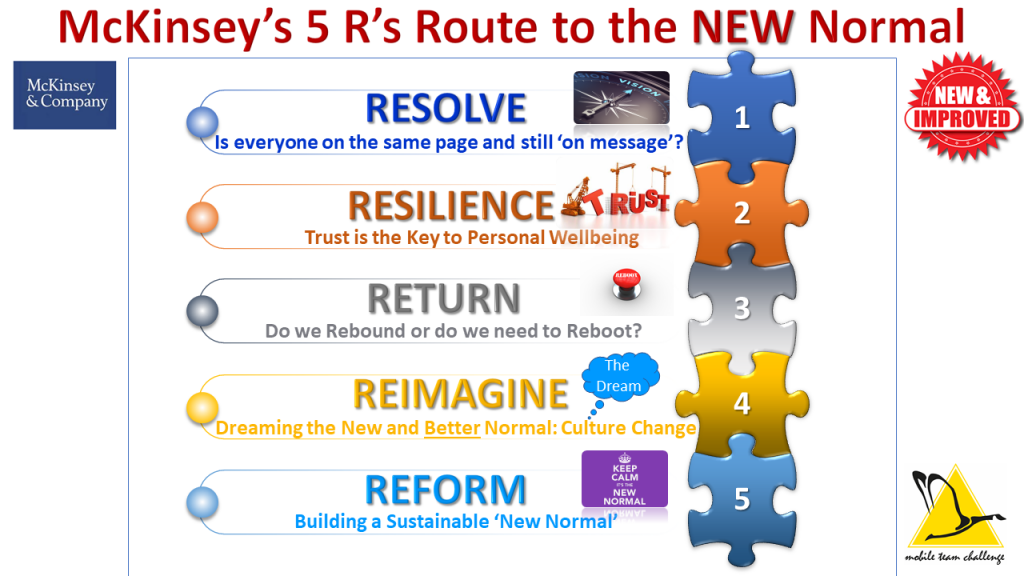
Utilising techniques such as: Emotional Intelligence, Appreciative Inquiry, Positive Psychology and the Disney Creative Strategy, allow us to partner you on your journey to your New Normal and your New Culture.
For further information of how we can create a bespoke workshop for your organisation:
The 7 Habits of Highly Effective People / Teams & Leaders
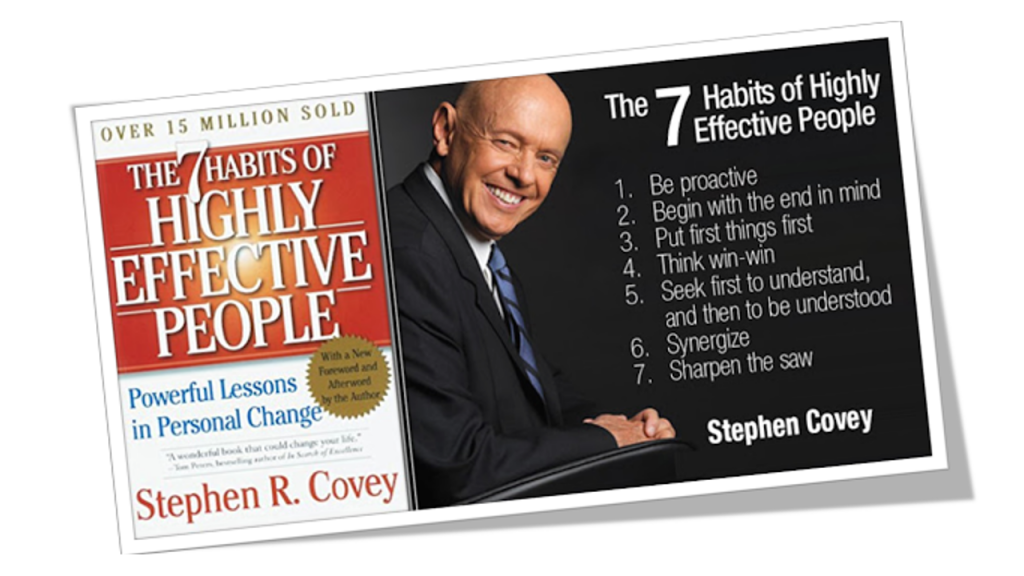
Stephen Covey’s best selling and award-winning book “The 7 Habits of Highly Effective People” is STILL the “Go To” book for all those people who are committed to Continuous Personal Development. This workshop refreshes the 7 Habits and applies them to the roles of Individuals, Teams or Leaders who want to use proven concepts to shift their paradigm of life and work.

The first three habits surround moving from dependence to independence and self-mastery
Independence
1. Be PRO-Active
Take responsibility for your reaction to your experiences, take the initiative to respond positively and improve the situation. Recognise your Circle of Influence and Circle of Concern. Focus your responses and initiates on the centre of your influence and constantly work to expand it. Don’t sit and wait in a reactive mode, waiting for problems to happen (Circle of Concern) before taking action
2. Begin with the end in mind
Envision what you want to achieve in the future so you can work and plan towards it. Understand how people make decisions in their life. To be effective you need to act based on principles and constantly review your mission statements. Are you – right now – who you want to be? What do I have to say about myself? How do you want to be remembered?
3. Put First things First

Matrix of importance vs urgency that Stephen Covey and Dwight Eisenhower used in deciding where to invest their efforts. Categorising our tasks into what is important and what is urgent. Learning the art of prioritisation and over-coming all those “time-stealers” which distract us from achieving our Goals.
The next three habits talk about Interdependence and how we work with others
Interdependence
4. Think Win-Win
Genuine feelings for mutually beneficial solutions or agreements in your relationships. Value and respect people by understanding a “win” for all is ultimately a better long-term resolution than if only one person in the situation had gotten their way. Think Win-Win isn’t about being nice, nor is it a quick-fix technique. It is a character-based code for human interaction and collaboration.
5. Seek first to understand, then to be understood

Use empathetic listening skills to genuinely understand a person, which compels them to reciprocate the listening and take an open mind to be influenced by you. This creates an atmosphere of caring, and positive problem-solving. Applying the skills of inter and intra personal skills of Emotional Intelligence.
6. Synergise
Combine the strengths of people through positive teamwork, so as to achieve goals that no one could have done alone.
Continuous Improvement Culture
The final habit is that of continuous improvement in both the personal and interpersonal spheres of influence.
7. Sharpen the Saw
Balance and renew your resources, energy and health to create a sustainable, long-term, effective lifestyle, optimising wellbeing and building stress resilience.

The application of neuro-science enables us to manage our behaviours and attitudes and in turn we can learn how to manage how to optimise our Heart-Brain Coherence.
In essence, one is always attempting to integrate and master the principles outlined in The 7 Habits at progressively higher levels at each iteration. Subsequent development on any habit will render a different experience and you will learn the principles with a deeper understanding.
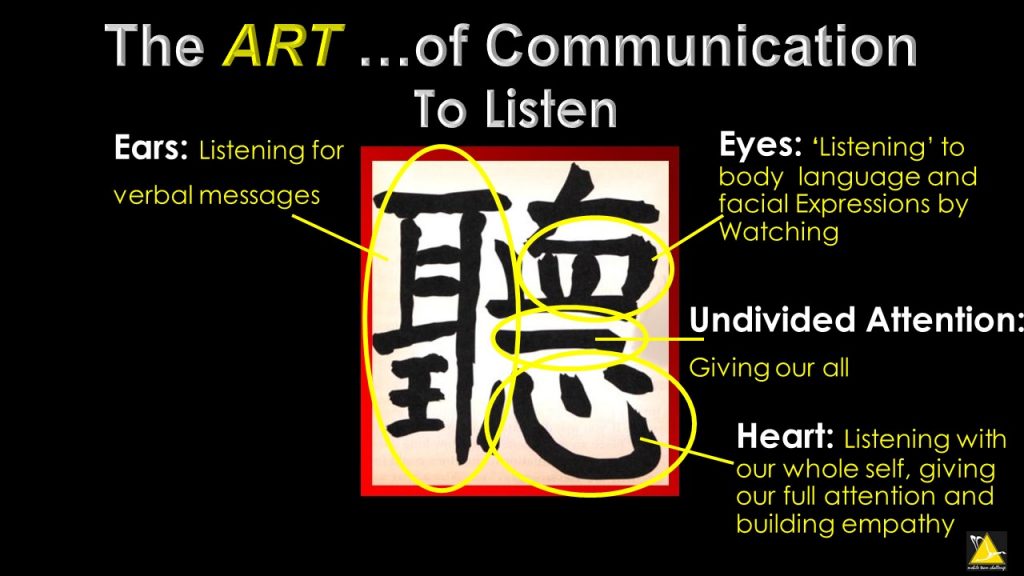
They say that only 10% of a Conversation is based on VERBAL content…so that means…over 90% of every conversation we have is “non-verbal” – so how are we “tuning into” the 90% non-verbal to ensure that we absorb all 100% of the person’s conversation? The Japanese language uses a combination of graphics and images to fully communicate the complete meaning of the word. The image below is Japanese for “TO LISTEN”… it requires EARS, EYES, UNDIVIDED ATTENTION and HEART … this really is THE ART of COMMUNICATION…so let’s start engaging them ALL in our dialogues. Stephen Covey – author of best selling “The 7 Habits of Highly Effective People” said…. “Very few of us ever practice the highest form of listening… empathic listening…” Sharpen your communications with “SEEK FIRST TO UNDERSTAND, THEN BE UNDERSTOOD”
https://kulahub.blob.core.windows.net/…/60663web.html
Click Here for and overview of this life-changing programme
This 2-Day, CPD Accredited Workshop is £1,795 + VAT- for up to 12 delegates, in-house.
This is inclusive of preparation, materials, workbooks and trainers expenses
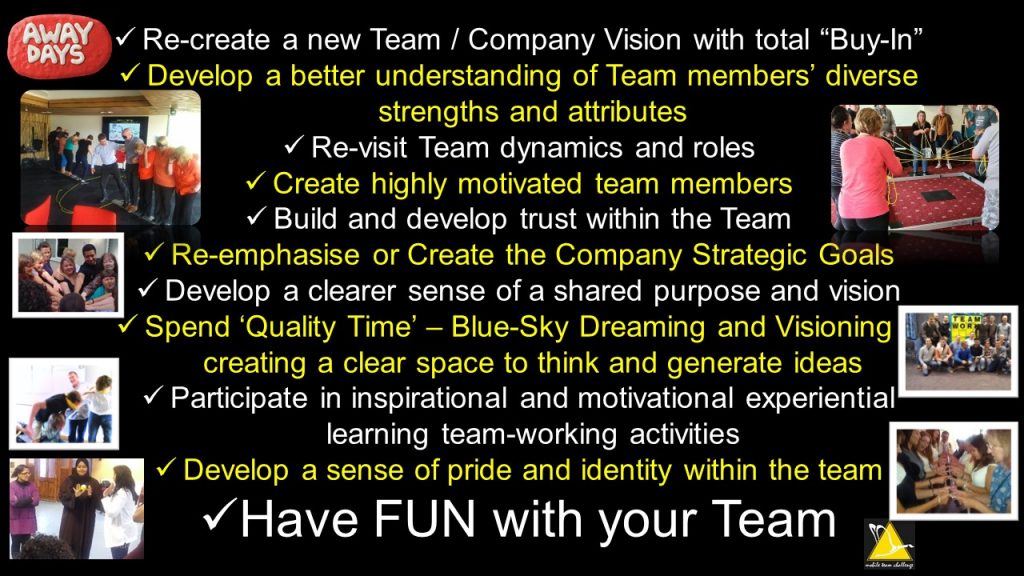
Hear what our Customers are saying about this workshop:
“Hi
I just wanted to drop you a line regarding your delivery yesterday in Birmingham.
There are so many things which map directly to our company:
All of the 7 habits:
- Be proactive. Take charge and assume responsibility, live life above the line both personally and professionally
- Begin with an end in mind. Have a vision for what you are trying to achieve/the end goal and align your actions accordingly.
- Put first things first. Prioritise and don’t get distracted by urgent but unimportant tasks/Issue creep
- Think win-win. Build rapport and positive relationships to get the most out of a business relationship
- Seek first to understand, then to be understood. Active listening, take time to really listen to the other person and only then make recommendations or take actions. Listen to hear – and not ONLY thinking about what your next question is going to be
- Synergize. 1 plus 1 equals 3, work as a team to produce better results – think interviews, searches, projects, planning etc. etc.
- Sharpen the saw. Don’t work yourself to death, take time to recharge before setting off again. Clear mind, reflect, evaluate, and go again.
Just a quick note to say thanks for putting me forward to attend the 7 Habits training with Barry over the last 2 days. I have previously read the book, but attending an in-person course has really resonated with me 10x more.
I said to Barry at the end of today, but it has hands down been the best professional training that I have ever attended – and the significant points that I have taken away from the course are really applicable to me – not only in my professional life, but also in my personal! I am aware of the general 10:90 dialogue retention of information stat – but genuinely think I have retained / and will retain the majority of content that I have learnt over the last 2 days.
Thanks again – to you for facilitating the training budget and Barry for delivering the course; I know I speak for everyone over the last 2 days when I say we really got a lot of the sessions.
Most importantly for me EQ helps to establish a mindset and understanding as well as behaviours and attitudes.
Brilliant, engaging delivery, looking forward to the next one already!!!”
Coaching and Mentoring using the GROW Model
As a leader, one of your most important roles is to coach and mentor your people to work to their optimum efficiency. This will have a positive and profound effect upon; them as they continue to develop in their career, your organisation and you will soon be reaping the rewards from their enhanced skills and abilities, and you – if your team is highly motivated and have an appetite for their personal Continuous Personal Development…it will make you look good too!
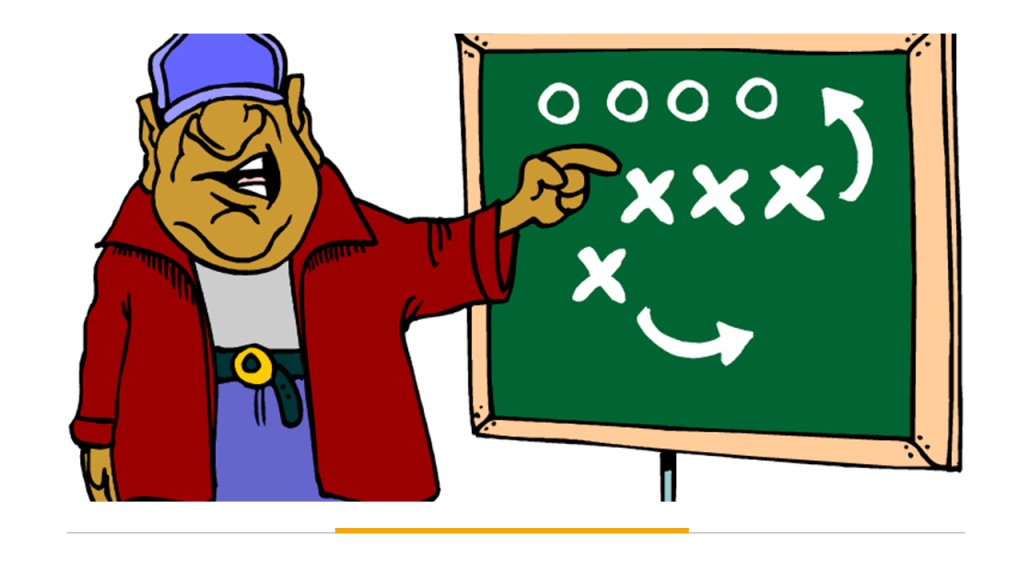
Frequently, coaches train their people to a level higher than themselves. For example… is Tiger Wood’s golf coach and better golfer than Tiger? – No (although there was a time when Tiger’s form dipped when it became a close call!) . Coaches and Mentors have the ability to bring the best out in their people, which results in:
- Increased levels of performance
- Greater job / career satisfaction
- Company loyalty of our People
- Better decision making and enhanced Problem Solving skills
- Increased levels of inspiration, motivation and energy
- Clarified SMART Goals and Objectives
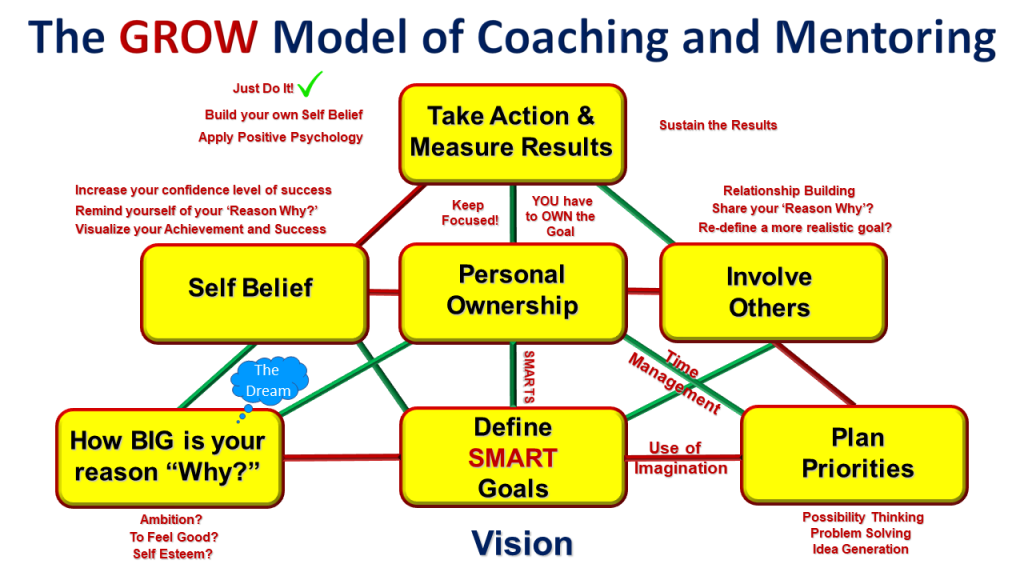
- Increased Self Confidence through Successful Achievements
- The application of Positive Psychology in our people
The GROW Model is a simple yet powerful framework for structuring your coaching or mentoring sessions and it is also a much sought after Leadership Tool which can be used in 1-to-1 Supervision Sessions, Performance Management and SMART Goal-Setting which changes lives and unleashed the full potential within individuals and teams.
Cost for up to 12 delegates = £895.00
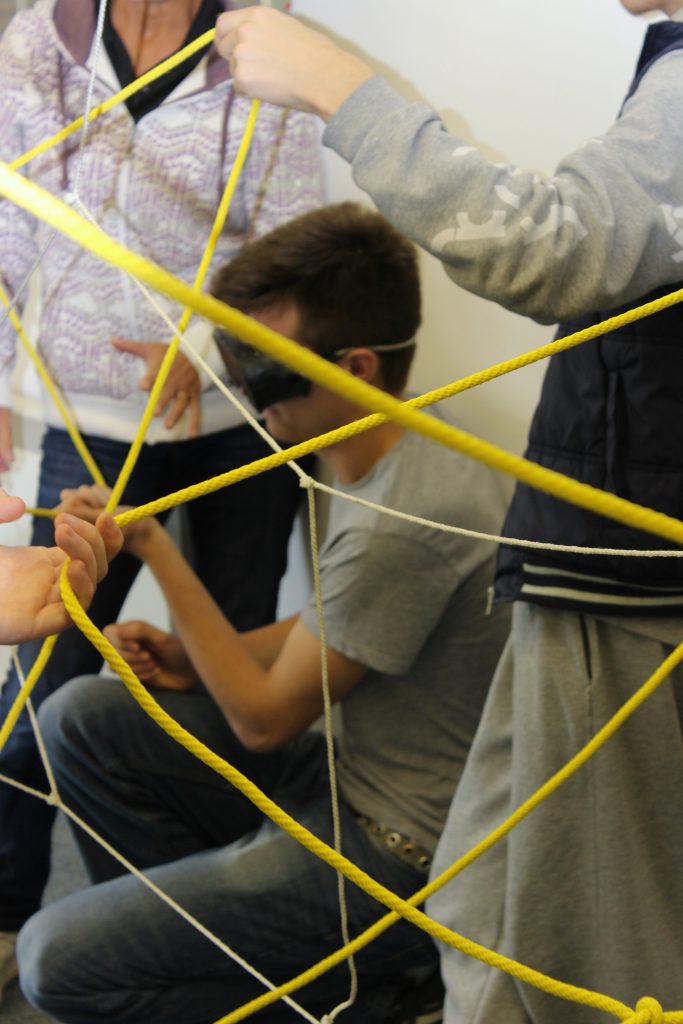
Includes all materials, workbooks, certificates and Trainer’s expenses but excludes VAT
This workshop includes MTC experiential learning activities.
Click Here to visit our Online CPD Accredited Byte-Size Virtual Workshop Version of Coaching and Mentoring
